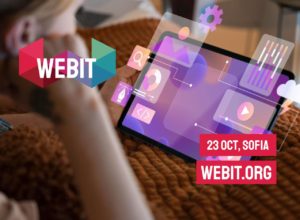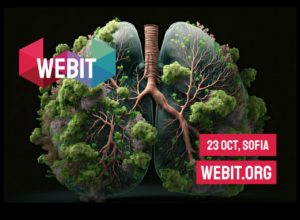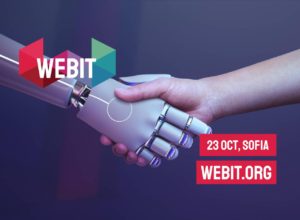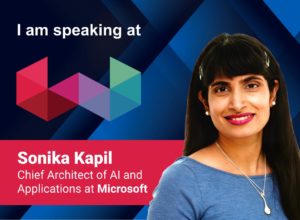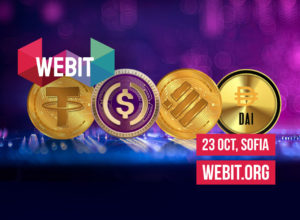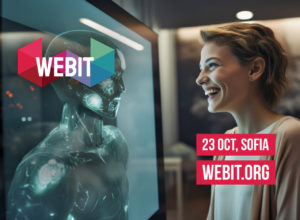The Role of AI in Modern Marketing: Revolutionizing Strategy and Customer...
Artificial Intelligence (AI) has become a transformative force in many industries, and marketing is no exception. As AI technologies evolve, they are reshaping how businesses engage with their customers, optimize campaigns, and make data-driven decisions. From personalized recommendations to predictive analytics, AI in marketing is enabling companies to connect with audiences in ways that were once unimaginable. This article explores the key ways AI is being applied in marketing and how it's revolutionizing the industry.
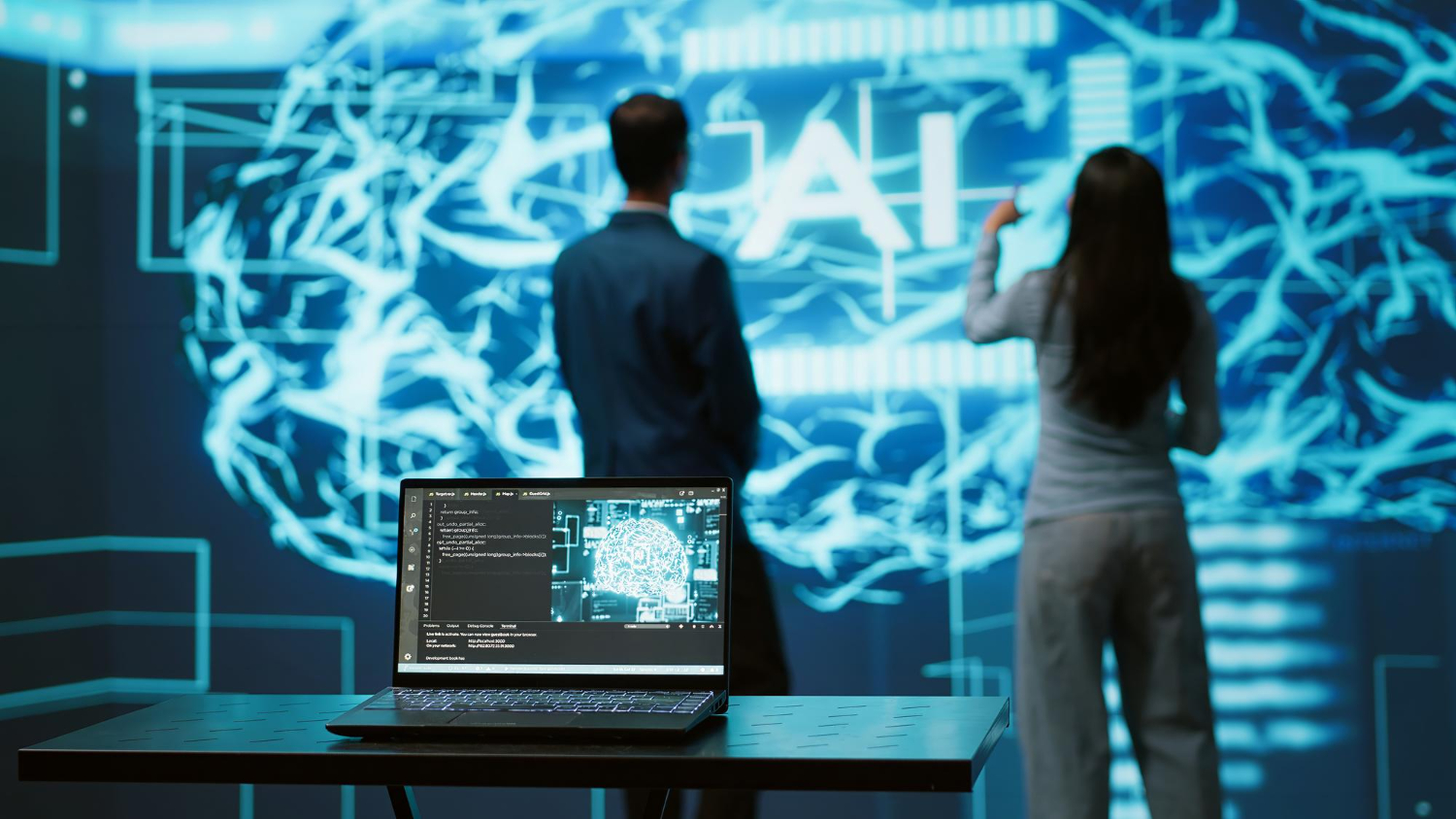 In today’s competitive landscape, personalization is essential for successful marketing. AI allows businesses to deliver personalized content, offers, and experiences to each individual customer based on their preferences, behaviors, and interactions.
For example, AI algorithms analyze vast amounts of user data to predict what products or services a person is most likely to be interested in. Netflix and Amazon use such systems to recommend content and products, tailoring each user's experience in real-time. This personalized approach helps brands increase engagement, customer satisfaction, and ultimately, sales.
Traditional marketing efforts can be broad and untargeted, but AI allows marketers to create highly segmented campaigns, improving relevance and conversion rates.
In today’s competitive landscape, personalization is essential for successful marketing. AI allows businesses to deliver personalized content, offers, and experiences to each individual customer based on their preferences, behaviors, and interactions.
For example, AI algorithms analyze vast amounts of user data to predict what products or services a person is most likely to be interested in. Netflix and Amazon use such systems to recommend content and products, tailoring each user's experience in real-time. This personalized approach helps brands increase engagement, customer satisfaction, and ultimately, sales.
Traditional marketing efforts can be broad and untargeted, but AI allows marketers to create highly segmented campaigns, improving relevance and conversion rates.
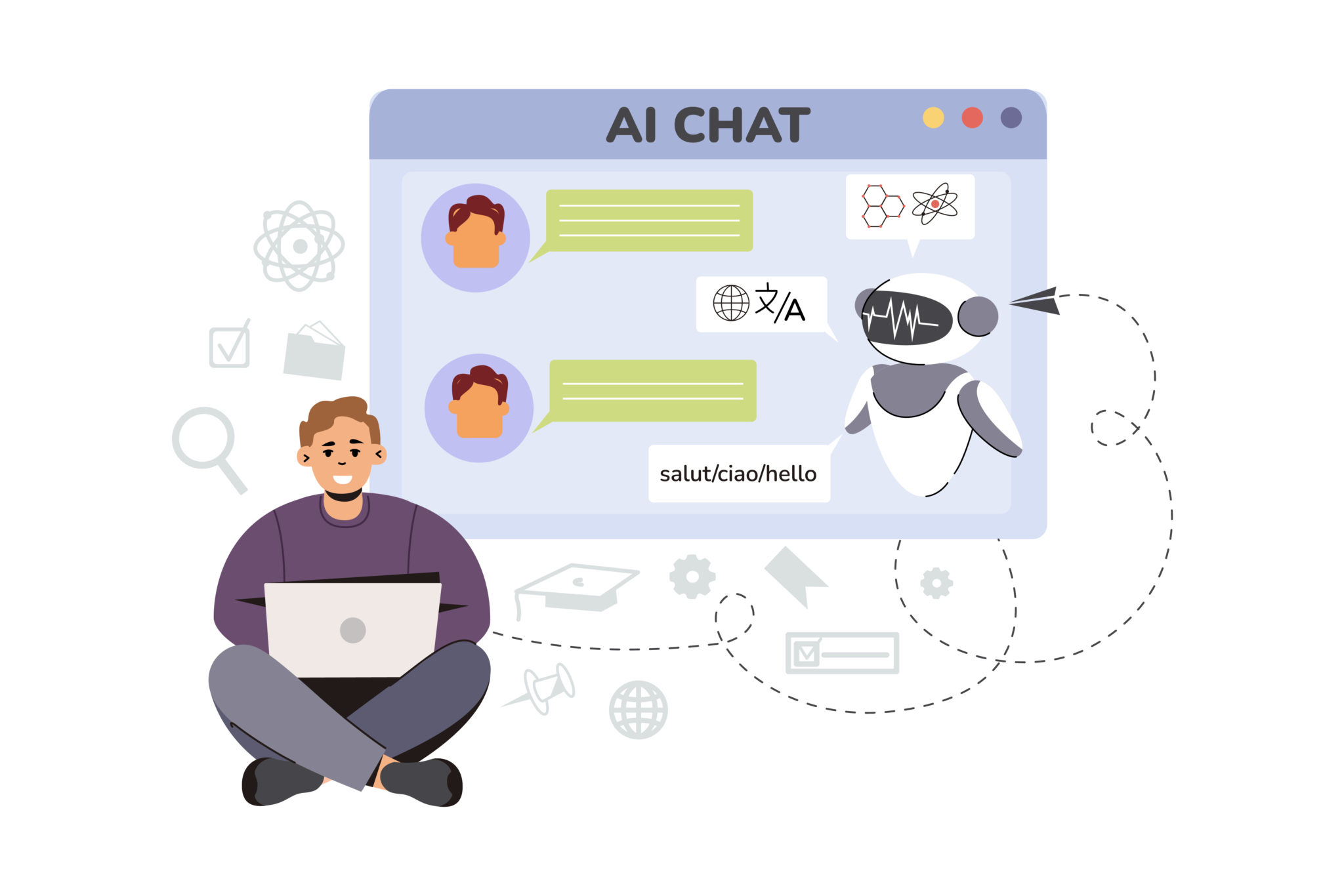 AI-powered chatbots have revolutionized customer service by offering 24/7 support, instant responses, and seamless interactions. These chatbots can handle a wide range of queries, from simple FAQs to complex issues, all without human intervention. As natural language processing (NLP) technologies improve, chatbots are becoming more conversational, making it easier for customers to resolve problems quickly and efficiently.
For marketers, chatbots are invaluable tools for engaging potential customers, gathering insights about their preferences, and guiding them through the sales funnel. AI-driven bots can also help generate leads, recommend products, and even process transactions—all while freeing up human staff to focus on more strategic tasks.
AI-powered chatbots have revolutionized customer service by offering 24/7 support, instant responses, and seamless interactions. These chatbots can handle a wide range of queries, from simple FAQs to complex issues, all without human intervention. As natural language processing (NLP) technologies improve, chatbots are becoming more conversational, making it easier for customers to resolve problems quickly and efficiently.
For marketers, chatbots are invaluable tools for engaging potential customers, gathering insights about their preferences, and guiding them through the sales funnel. AI-driven bots can also help generate leads, recommend products, and even process transactions—all while freeing up human staff to focus on more strategic tasks.
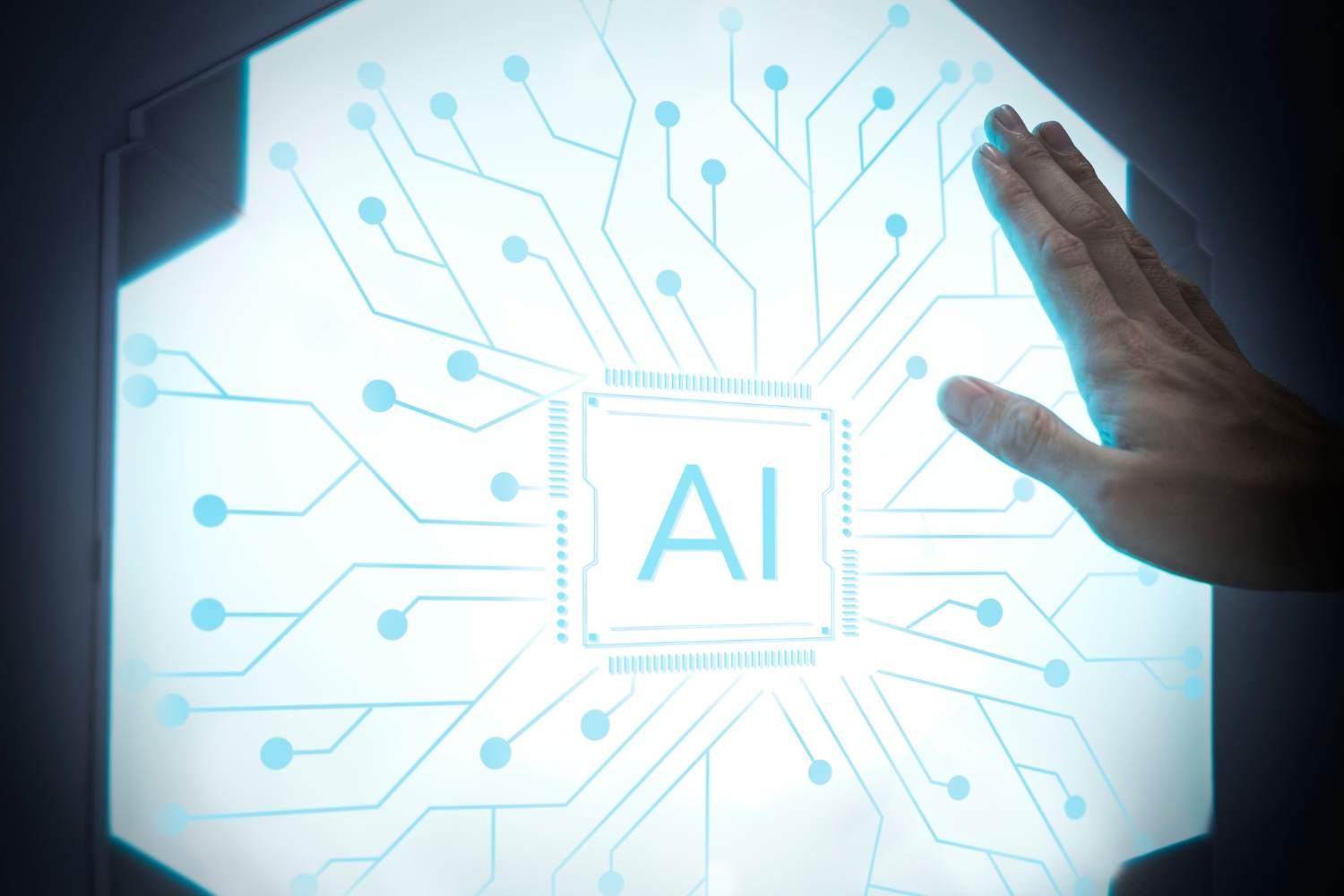 AI’s ability to analyze massive datasets is one of its greatest advantages in marketing. Predictive analytics, a branch of AI, uses historical data, machine learning models, and statistical algorithms to predict future outcomes and trends. This allows marketers to forecast consumer behavior, market conditions, and even the success of specific campaigns.
For instance, AI can identify patterns in how customers interact with a brand across various channels (social media, website, email), and predict which of these customers are most likely to convert. With this insight, marketers can focus their efforts on high-value leads, improving both efficiency and ROI.
Furthermore, AI-driven data analysis enables real-time campaign optimization, adjusting strategies based on current performance and customer engagement. This level of agility is critical in today's fast-paced digital environment.
AI’s ability to analyze massive datasets is one of its greatest advantages in marketing. Predictive analytics, a branch of AI, uses historical data, machine learning models, and statistical algorithms to predict future outcomes and trends. This allows marketers to forecast consumer behavior, market conditions, and even the success of specific campaigns.
For instance, AI can identify patterns in how customers interact with a brand across various channels (social media, website, email), and predict which of these customers are most likely to convert. With this insight, marketers can focus their efforts on high-value leads, improving both efficiency and ROI.
Furthermore, AI-driven data analysis enables real-time campaign optimization, adjusting strategies based on current performance and customer engagement. This level of agility is critical in today's fast-paced digital environment.
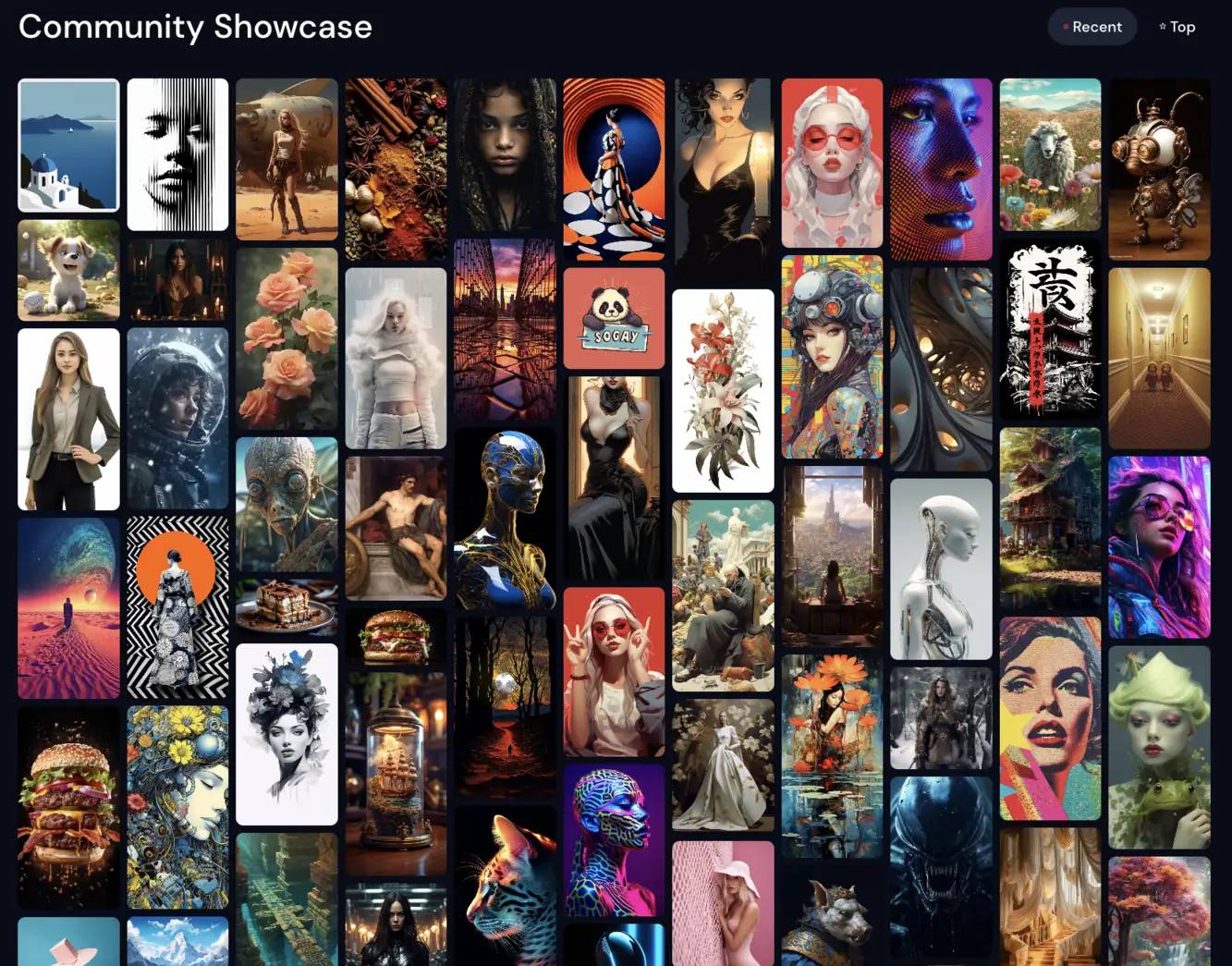 AI is increasingly being used to automate and enhance content creation processes. Tools like copywriting AI can generate text for social media posts, blogs, emails, and ads at scale, freeing up marketers from time-consuming tasks. While human creativity remains essential for storytelling, AI can handle repetitive and data-driven aspects of content creation.
AI can also help marketers determine the best time to post, the ideal length of content, and even the tone or format that will resonate most with a target audience. By analyzing user engagement and response patterns, AI tools like A/B testing algorithms allow marketers to fine-tune their content strategies continuously.
AI is increasingly being used to automate and enhance content creation processes. Tools like copywriting AI can generate text for social media posts, blogs, emails, and ads at scale, freeing up marketers from time-consuming tasks. While human creativity remains essential for storytelling, AI can handle repetitive and data-driven aspects of content creation.
AI can also help marketers determine the best time to post, the ideal length of content, and even the tone or format that will resonate most with a target audience. By analyzing user engagement and response patterns, AI tools like A/B testing algorithms allow marketers to fine-tune their content strategies continuously.
 Programmatic advertising is one of the most widely adopted AI applications in marketing. This approach uses AI to automate the buying of ads, targeting specific audiences more accurately and efficiently than manual processes.
In real-time, AI can analyze user behavior data, make decisions about which ads to serve, and optimize spending to maximize return on investment (ROI). For instance, AI can predict when a user is most likely to engage with an ad based on their online activity, ensuring that marketing budgets are spent wisely.
As a result, programmatic advertising helps marketers reduce waste, improve precision in targeting, and increase ad performance.
Programmatic advertising is one of the most widely adopted AI applications in marketing. This approach uses AI to automate the buying of ads, targeting specific audiences more accurately and efficiently than manual processes.
In real-time, AI can analyze user behavior data, make decisions about which ads to serve, and optimize spending to maximize return on investment (ROI). For instance, AI can predict when a user is most likely to engage with an ad based on their online activity, ensuring that marketing budgets are spent wisely.
As a result, programmatic advertising helps marketers reduce waste, improve precision in targeting, and increase ad performance.
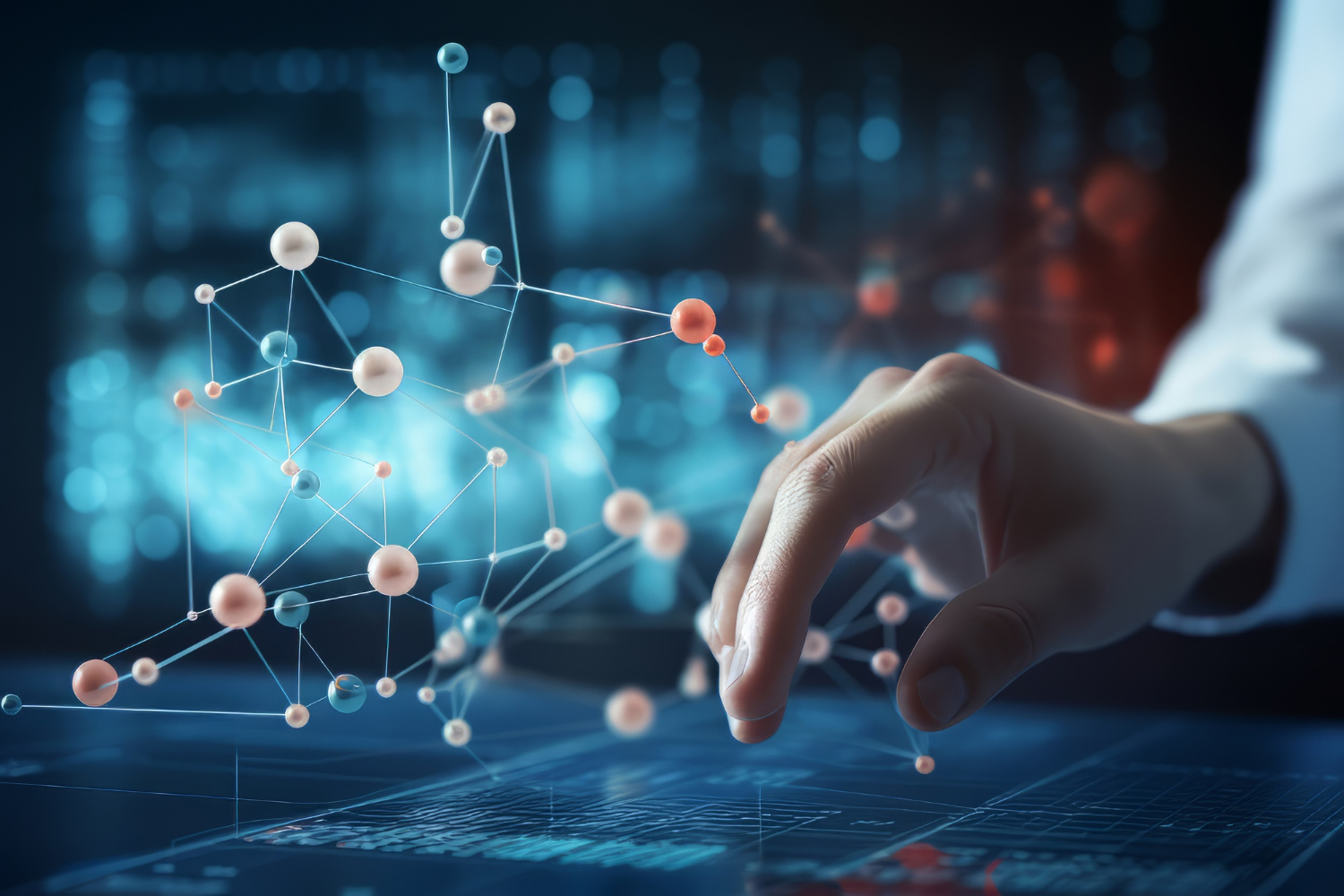 Sentiment analysis, another AI-powered tool, allows marketers to gauge customer opinions and emotions toward their brand by analyzing data from social media, reviews, and other user-generated content. By identifying whether customer sentiments are positive, neutral, or negative, businesses can adapt their strategies accordingly.
For example, a company might use sentiment analysis to monitor reactions to a new product launch or campaign. If negative sentiment is detected, the brand can quickly adjust its messaging or address specific issues, improving customer satisfaction and preventing damage to its reputation.
Sentiment analysis, another AI-powered tool, allows marketers to gauge customer opinions and emotions toward their brand by analyzing data from social media, reviews, and other user-generated content. By identifying whether customer sentiments are positive, neutral, or negative, businesses can adapt their strategies accordingly.
For example, a company might use sentiment analysis to monitor reactions to a new product launch or campaign. If negative sentiment is detected, the brand can quickly adjust its messaging or address specific issues, improving customer satisfaction and preventing damage to its reputation.
 Marketing automation has been around for some time, but AI takes it to a new level. AI-enhanced automation platforms can segment audiences, schedule campaigns, and even personalize messages for each customer at the optimal time. These platforms also provide detailed insights into campaign performance, helping marketers make better decisions based on data.
Through AI, businesses can streamline their marketing efforts, improving efficiency and reducing costs. The ability to automate everything from email campaigns to social media posts not only saves time but also ensures that marketing strategies are executed with precision.
Marketing automation has been around for some time, but AI takes it to a new level. AI-enhanced automation platforms can segment audiences, schedule campaigns, and even personalize messages for each customer at the optimal time. These platforms also provide detailed insights into campaign performance, helping marketers make better decisions based on data.
Through AI, businesses can streamline their marketing efforts, improving efficiency and reducing costs. The ability to automate everything from email campaigns to social media posts not only saves time but also ensures that marketing strategies are executed with precision.
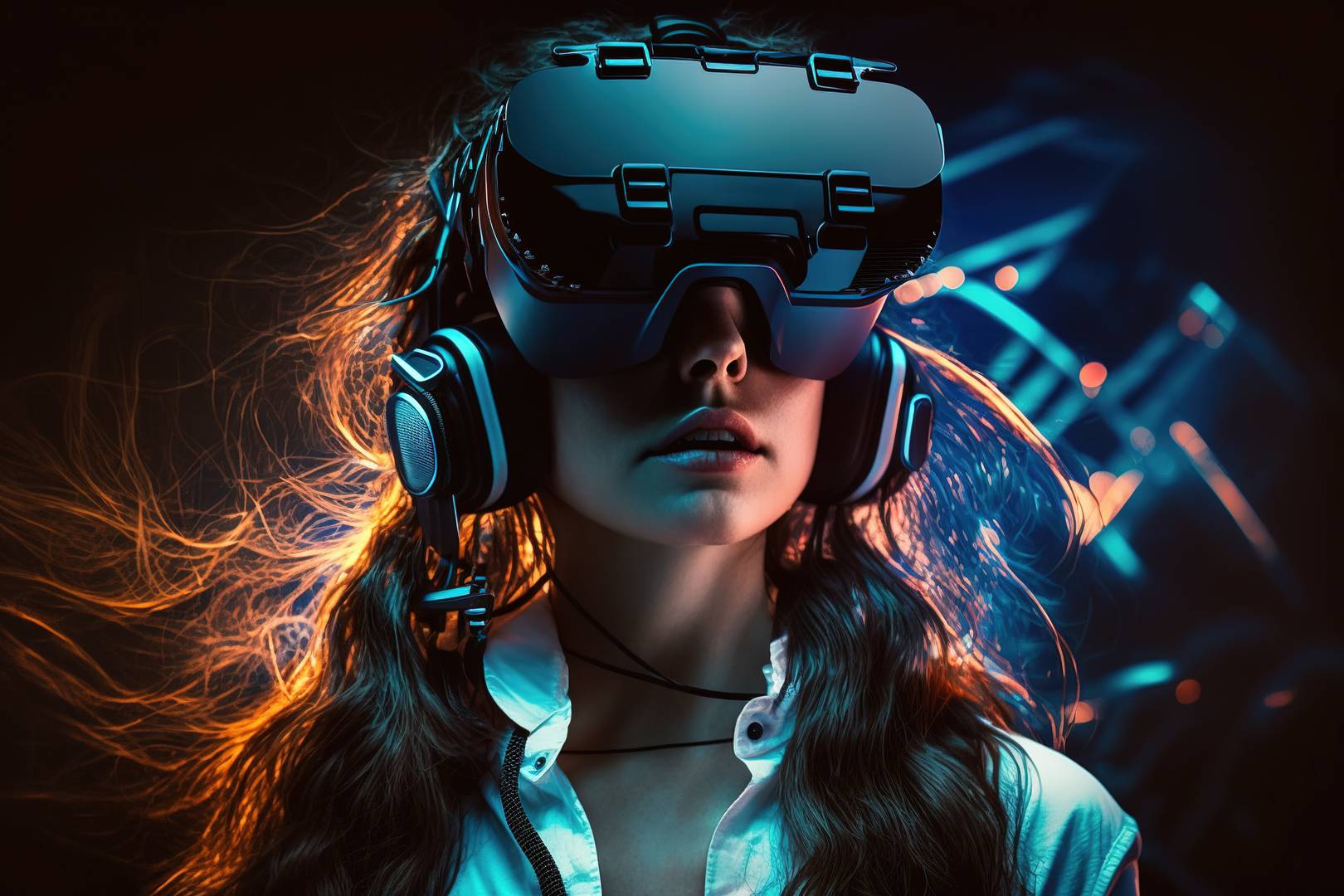 The integration of AI into marketing is still in its early stages, and the potential applications continue to grow. With advances in machine learning, natural language processing, and computer vision, AI is expected to become even more integrated into every facet of marketing, from product development to customer relationship management (CRM).
In the future, AI will likely evolve from simply enhancing marketing strategies to driving innovation in how brands interact with their customers. Hyper-personalization, real-time customer insights, and predictive modeling will become standard tools for every marketer. Additionally, AI will play a critical role in creating more immersive experiences through augmented reality (AR) and virtual reality (VR) in marketing campaigns.
While AI opens up many possibilities, it also presents challenges, such as ensuring ethical use of consumer data, avoiding bias in AI algorithms, and maintaining a human touch in marketing interactions. However, brands that successfully balance AI with creativity and empathy will be the ones to thrive in this new era of marketing.
The integration of AI into marketing is still in its early stages, and the potential applications continue to grow. With advances in machine learning, natural language processing, and computer vision, AI is expected to become even more integrated into every facet of marketing, from product development to customer relationship management (CRM).
In the future, AI will likely evolve from simply enhancing marketing strategies to driving innovation in how brands interact with their customers. Hyper-personalization, real-time customer insights, and predictive modeling will become standard tools for every marketer. Additionally, AI will play a critical role in creating more immersive experiences through augmented reality (AR) and virtual reality (VR) in marketing campaigns.
While AI opens up many possibilities, it also presents challenges, such as ensuring ethical use of consumer data, avoiding bias in AI algorithms, and maintaining a human touch in marketing interactions. However, brands that successfully balance AI with creativity and empathy will be the ones to thrive in this new era of marketing.
 #WebitFestival2024 is an exciting opportunity for industry leaders and experts to come together to discuss the latest trends and developments in the field of marketing.
Check our ticket options here:
https://www.webit.org/festival-europe/tickets.php
#WebitFestival2024 is an exciting opportunity for industry leaders and experts to come together to discuss the latest trends and developments in the field of marketing.
Check our ticket options here:
https://www.webit.org/festival-europe/tickets.php
1. Personalization at Scale
 In today’s competitive landscape, personalization is essential for successful marketing. AI allows businesses to deliver personalized content, offers, and experiences to each individual customer based on their preferences, behaviors, and interactions.
For example, AI algorithms analyze vast amounts of user data to predict what products or services a person is most likely to be interested in. Netflix and Amazon use such systems to recommend content and products, tailoring each user's experience in real-time. This personalized approach helps brands increase engagement, customer satisfaction, and ultimately, sales.
Traditional marketing efforts can be broad and untargeted, but AI allows marketers to create highly segmented campaigns, improving relevance and conversion rates.
In today’s competitive landscape, personalization is essential for successful marketing. AI allows businesses to deliver personalized content, offers, and experiences to each individual customer based on their preferences, behaviors, and interactions.
For example, AI algorithms analyze vast amounts of user data to predict what products or services a person is most likely to be interested in. Netflix and Amazon use such systems to recommend content and products, tailoring each user's experience in real-time. This personalized approach helps brands increase engagement, customer satisfaction, and ultimately, sales.
Traditional marketing efforts can be broad and untargeted, but AI allows marketers to create highly segmented campaigns, improving relevance and conversion rates.
2. Enhanced Customer Service with Chatbots
 AI-powered chatbots have revolutionized customer service by offering 24/7 support, instant responses, and seamless interactions. These chatbots can handle a wide range of queries, from simple FAQs to complex issues, all without human intervention. As natural language processing (NLP) technologies improve, chatbots are becoming more conversational, making it easier for customers to resolve problems quickly and efficiently.
For marketers, chatbots are invaluable tools for engaging potential customers, gathering insights about their preferences, and guiding them through the sales funnel. AI-driven bots can also help generate leads, recommend products, and even process transactions—all while freeing up human staff to focus on more strategic tasks.
AI-powered chatbots have revolutionized customer service by offering 24/7 support, instant responses, and seamless interactions. These chatbots can handle a wide range of queries, from simple FAQs to complex issues, all without human intervention. As natural language processing (NLP) technologies improve, chatbots are becoming more conversational, making it easier for customers to resolve problems quickly and efficiently.
For marketers, chatbots are invaluable tools for engaging potential customers, gathering insights about their preferences, and guiding them through the sales funnel. AI-driven bots can also help generate leads, recommend products, and even process transactions—all while freeing up human staff to focus on more strategic tasks.
3. Predictive Analytics and Data-Driven Decision Making
 AI’s ability to analyze massive datasets is one of its greatest advantages in marketing. Predictive analytics, a branch of AI, uses historical data, machine learning models, and statistical algorithms to predict future outcomes and trends. This allows marketers to forecast consumer behavior, market conditions, and even the success of specific campaigns.
For instance, AI can identify patterns in how customers interact with a brand across various channels (social media, website, email), and predict which of these customers are most likely to convert. With this insight, marketers can focus their efforts on high-value leads, improving both efficiency and ROI.
Furthermore, AI-driven data analysis enables real-time campaign optimization, adjusting strategies based on current performance and customer engagement. This level of agility is critical in today's fast-paced digital environment.
AI’s ability to analyze massive datasets is one of its greatest advantages in marketing. Predictive analytics, a branch of AI, uses historical data, machine learning models, and statistical algorithms to predict future outcomes and trends. This allows marketers to forecast consumer behavior, market conditions, and even the success of specific campaigns.
For instance, AI can identify patterns in how customers interact with a brand across various channels (social media, website, email), and predict which of these customers are most likely to convert. With this insight, marketers can focus their efforts on high-value leads, improving both efficiency and ROI.
Furthermore, AI-driven data analysis enables real-time campaign optimization, adjusting strategies based on current performance and customer engagement. This level of agility is critical in today's fast-paced digital environment.
4. Content Creation and Optimization
 AI is increasingly being used to automate and enhance content creation processes. Tools like copywriting AI can generate text for social media posts, blogs, emails, and ads at scale, freeing up marketers from time-consuming tasks. While human creativity remains essential for storytelling, AI can handle repetitive and data-driven aspects of content creation.
AI can also help marketers determine the best time to post, the ideal length of content, and even the tone or format that will resonate most with a target audience. By analyzing user engagement and response patterns, AI tools like A/B testing algorithms allow marketers to fine-tune their content strategies continuously.
AI is increasingly being used to automate and enhance content creation processes. Tools like copywriting AI can generate text for social media posts, blogs, emails, and ads at scale, freeing up marketers from time-consuming tasks. While human creativity remains essential for storytelling, AI can handle repetitive and data-driven aspects of content creation.
AI can also help marketers determine the best time to post, the ideal length of content, and even the tone or format that will resonate most with a target audience. By analyzing user engagement and response patterns, AI tools like A/B testing algorithms allow marketers to fine-tune their content strategies continuously.
5. Programmatic Advertising
 Programmatic advertising is one of the most widely adopted AI applications in marketing. This approach uses AI to automate the buying of ads, targeting specific audiences more accurately and efficiently than manual processes.
In real-time, AI can analyze user behavior data, make decisions about which ads to serve, and optimize spending to maximize return on investment (ROI). For instance, AI can predict when a user is most likely to engage with an ad based on their online activity, ensuring that marketing budgets are spent wisely.
As a result, programmatic advertising helps marketers reduce waste, improve precision in targeting, and increase ad performance.
Programmatic advertising is one of the most widely adopted AI applications in marketing. This approach uses AI to automate the buying of ads, targeting specific audiences more accurately and efficiently than manual processes.
In real-time, AI can analyze user behavior data, make decisions about which ads to serve, and optimize spending to maximize return on investment (ROI). For instance, AI can predict when a user is most likely to engage with an ad based on their online activity, ensuring that marketing budgets are spent wisely.
As a result, programmatic advertising helps marketers reduce waste, improve precision in targeting, and increase ad performance.
6. Sentiment Analysis for Better Understanding of Customers
 Sentiment analysis, another AI-powered tool, allows marketers to gauge customer opinions and emotions toward their brand by analyzing data from social media, reviews, and other user-generated content. By identifying whether customer sentiments are positive, neutral, or negative, businesses can adapt their strategies accordingly.
For example, a company might use sentiment analysis to monitor reactions to a new product launch or campaign. If negative sentiment is detected, the brand can quickly adjust its messaging or address specific issues, improving customer satisfaction and preventing damage to its reputation.
Sentiment analysis, another AI-powered tool, allows marketers to gauge customer opinions and emotions toward their brand by analyzing data from social media, reviews, and other user-generated content. By identifying whether customer sentiments are positive, neutral, or negative, businesses can adapt their strategies accordingly.
For example, a company might use sentiment analysis to monitor reactions to a new product launch or campaign. If negative sentiment is detected, the brand can quickly adjust its messaging or address specific issues, improving customer satisfaction and preventing damage to its reputation.
7. Improving ROI through Marketing Automation
 Marketing automation has been around for some time, but AI takes it to a new level. AI-enhanced automation platforms can segment audiences, schedule campaigns, and even personalize messages for each customer at the optimal time. These platforms also provide detailed insights into campaign performance, helping marketers make better decisions based on data.
Through AI, businesses can streamline their marketing efforts, improving efficiency and reducing costs. The ability to automate everything from email campaigns to social media posts not only saves time but also ensures that marketing strategies are executed with precision.
Marketing automation has been around for some time, but AI takes it to a new level. AI-enhanced automation platforms can segment audiences, schedule campaigns, and even personalize messages for each customer at the optimal time. These platforms also provide detailed insights into campaign performance, helping marketers make better decisions based on data.
Through AI, businesses can streamline their marketing efforts, improving efficiency and reducing costs. The ability to automate everything from email campaigns to social media posts not only saves time but also ensures that marketing strategies are executed with precision.
The Future of AI in Marketing
 The integration of AI into marketing is still in its early stages, and the potential applications continue to grow. With advances in machine learning, natural language processing, and computer vision, AI is expected to become even more integrated into every facet of marketing, from product development to customer relationship management (CRM).
In the future, AI will likely evolve from simply enhancing marketing strategies to driving innovation in how brands interact with their customers. Hyper-personalization, real-time customer insights, and predictive modeling will become standard tools for every marketer. Additionally, AI will play a critical role in creating more immersive experiences through augmented reality (AR) and virtual reality (VR) in marketing campaigns.
While AI opens up many possibilities, it also presents challenges, such as ensuring ethical use of consumer data, avoiding bias in AI algorithms, and maintaining a human touch in marketing interactions. However, brands that successfully balance AI with creativity and empathy will be the ones to thrive in this new era of marketing.
The integration of AI into marketing is still in its early stages, and the potential applications continue to grow. With advances in machine learning, natural language processing, and computer vision, AI is expected to become even more integrated into every facet of marketing, from product development to customer relationship management (CRM).
In the future, AI will likely evolve from simply enhancing marketing strategies to driving innovation in how brands interact with their customers. Hyper-personalization, real-time customer insights, and predictive modeling will become standard tools for every marketer. Additionally, AI will play a critical role in creating more immersive experiences through augmented reality (AR) and virtual reality (VR) in marketing campaigns.
While AI opens up many possibilities, it also presents challenges, such as ensuring ethical use of consumer data, avoiding bias in AI algorithms, and maintaining a human touch in marketing interactions. However, brands that successfully balance AI with creativity and empathy will be the ones to thrive in this new era of marketing.
Conclusion
AI is no longer a futuristic concept; it's a powerful tool that is transforming the way marketing is done today. By enhancing personalization, improving customer service, enabling data-driven decisions, and automating processes, AI is revolutionizing how brands connect with their audiences. As the technology continues to evolve, the role of AI in marketing will only expand, offering new ways to engage customers, optimize strategies, and drive business growth. Join the discussion and learn from global leaders in the industry on the 23rd of October in Sofia. https://www.webit.org/festival-europe/index.php #WebitFestival2024 is an exciting opportunity for industry leaders and experts to come together to discuss the latest trends and developments in the field of marketing.
Check our ticket options here:
https://www.webit.org/festival-europe/tickets.php
#WebitFestival2024 is an exciting opportunity for industry leaders and experts to come together to discuss the latest trends and developments in the field of marketing.
Check our ticket options here:
https://www.webit.org/festival-europe/tickets.php Planet & Climate Tech: Pioneering Solutions for a Sustainable Future
In the face of escalating environmental challenges, technological innovation is playing a crucial role in fostering sustainability and combating climate change. Planet & Climate Tech encompasses a range of cutting-edge solutions designed to protect our planet and address the pressing issues of global warming and resource depletion. Here’s a closer look at some of the most impactful advancements in this field:
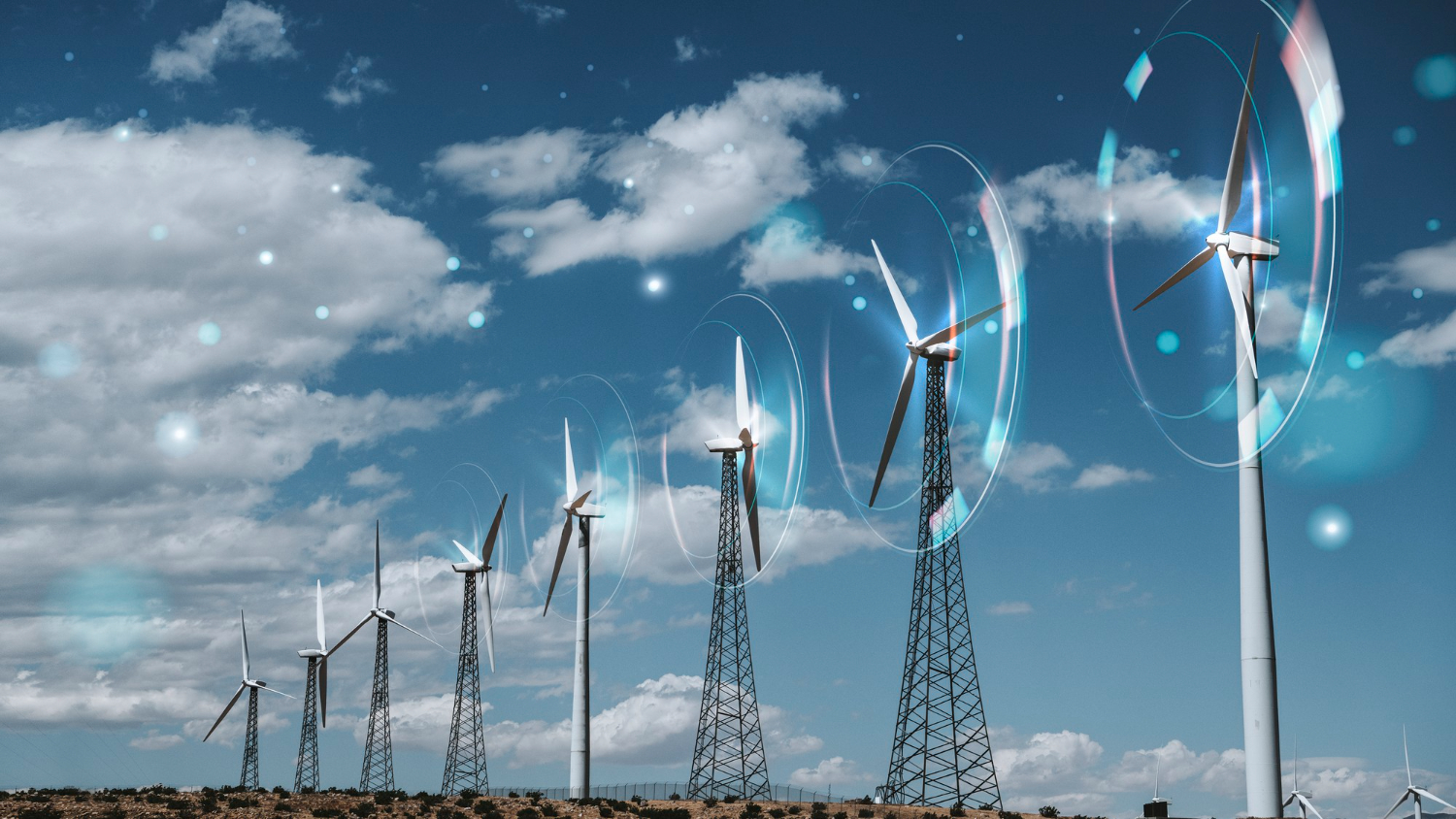 The transition to renewable energy sources is one of the most critical steps in reducing our carbon footprint. Solar and wind energy technologies are advancing rapidly, with improvements in efficiency and cost-effectiveness making them more accessible. Innovations in energy storage, such as high-capacity batteries and grid-scale solutions, are helping to balance supply and demand, ensuring a stable and reliable renewable energy supply.
The transition to renewable energy sources is one of the most critical steps in reducing our carbon footprint. Solar and wind energy technologies are advancing rapidly, with improvements in efficiency and cost-effectiveness making them more accessible. Innovations in energy storage, such as high-capacity batteries and grid-scale solutions, are helping to balance supply and demand, ensuring a stable and reliable renewable energy supply.
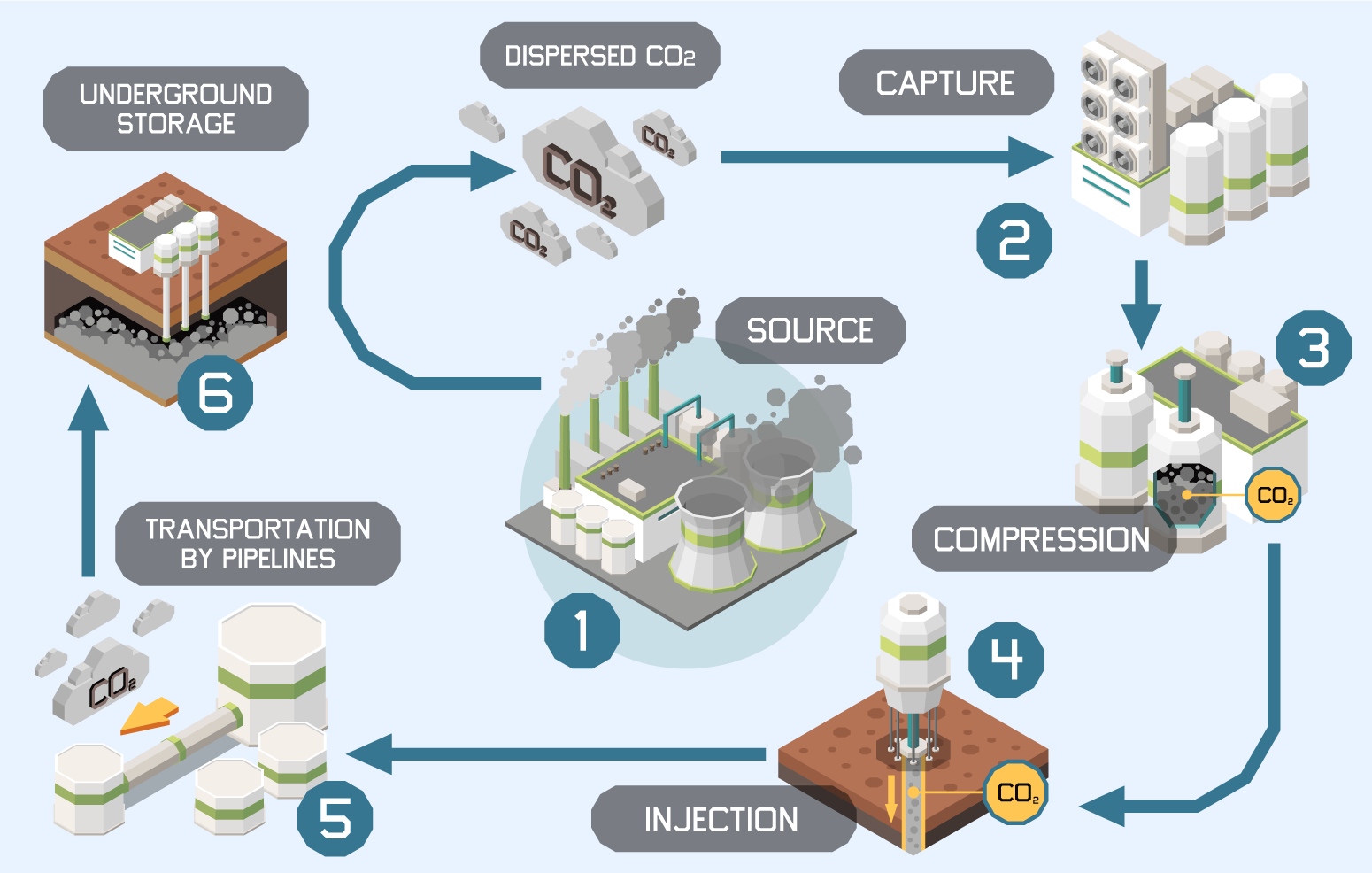 Carbon capture and utilization technologies are emerging as vital tools in the fight against climate change. These systems capture CO2 emissions from industrial processes or the atmosphere and either store them underground or convert them into useful products. For example, captured CO2 can be used to produce synthetic fuels or building materials, helping to close the carbon loop and reduce overall emissions.
Carbon capture and utilization technologies are emerging as vital tools in the fight against climate change. These systems capture CO2 emissions from industrial processes or the atmosphere and either store them underground or convert them into useful products. For example, captured CO2 can be used to produce synthetic fuels or building materials, helping to close the carbon loop and reduce overall emissions.
 As climate change increases the frequency and severity of extreme weather events, building climate-resilient infrastructure becomes essential. Smart infrastructure, integrated with sensors and real-time monitoring systems, can enhance our ability to manage and respond to environmental challenges. Innovations include advanced flood management systems, climate-adaptive construction materials, and infrastructure designed to withstand extreme conditions.
As climate change increases the frequency and severity of extreme weather events, building climate-resilient infrastructure becomes essential. Smart infrastructure, integrated with sensors and real-time monitoring systems, can enhance our ability to manage and respond to environmental challenges. Innovations include advanced flood management systems, climate-adaptive construction materials, and infrastructure designed to withstand extreme conditions.
 Agriculture is both impacted by and contributes to climate change. To address this, technology is being used to make farming more sustainable. Precision agriculture, powered by data analytics and remote sensing, allows for more efficient use of resources like water and fertilizers. Additionally, developments in vertical farming, lab-grown meat, and alternative proteins offer promising solutions for reducing the environmental footprint of food production.
Agriculture is both impacted by and contributes to climate change. To address this, technology is being used to make farming more sustainable. Precision agriculture, powered by data analytics and remote sensing, allows for more efficient use of resources like water and fertilizers. Additionally, developments in vertical farming, lab-grown meat, and alternative proteins offer promising solutions for reducing the environmental footprint of food production.
 Protecting our oceans and water resources is crucial for maintaining ecological balance and supporting life. Advances in ocean monitoring technology, such as underwater sensors and autonomous vehicles, are helping to track and address issues like pollution, overfishing, and coral reef degradation. Innovative solutions for recycling ocean plastics and restoring marine ecosystems are also making significant strides.
Protecting our oceans and water resources is crucial for maintaining ecological balance and supporting life. Advances in ocean monitoring technology, such as underwater sensors and autonomous vehicles, are helping to track and address issues like pollution, overfishing, and coral reef degradation. Innovative solutions for recycling ocean plastics and restoring marine ecosystems are also making significant strides.
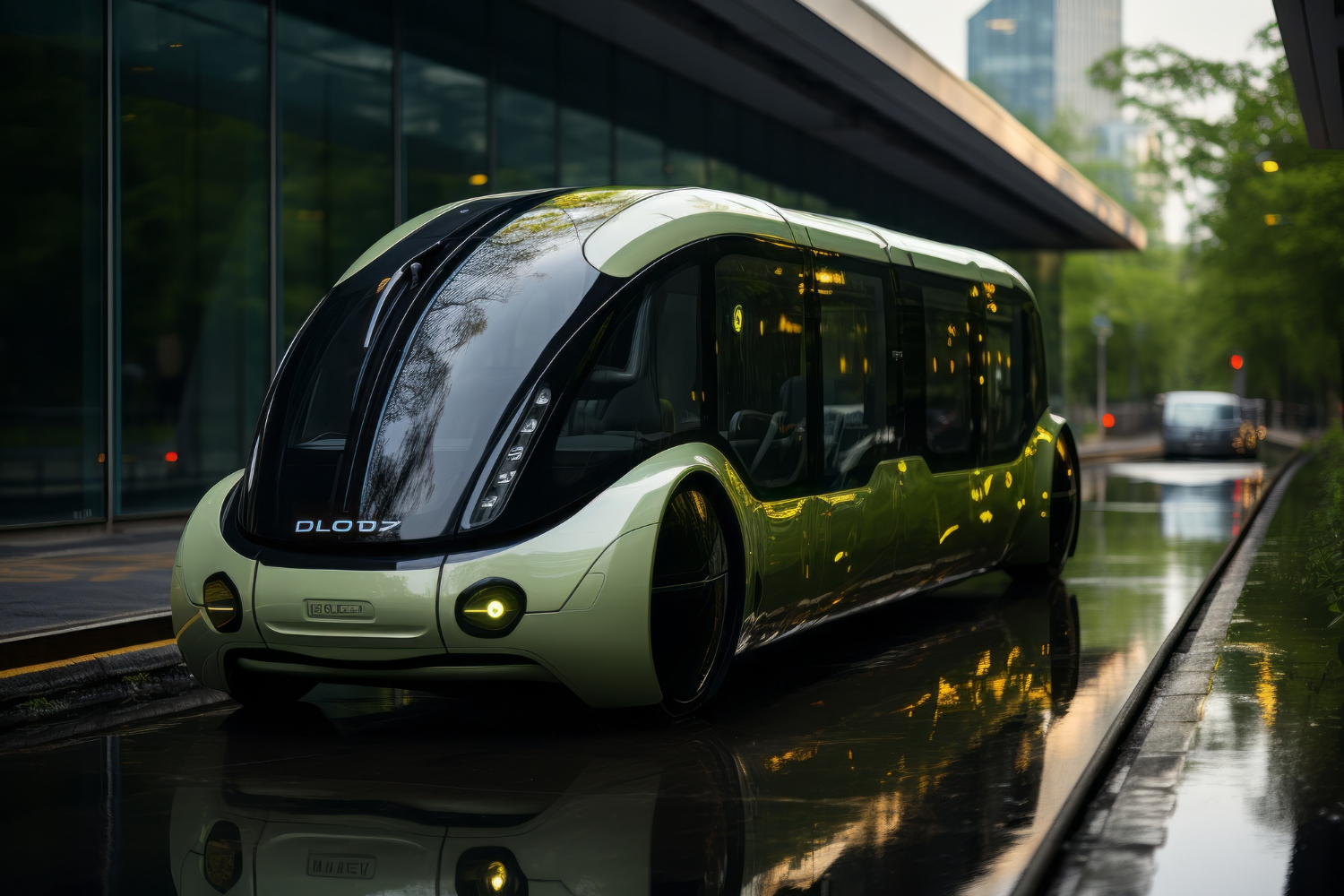 Transportation is a major contributor to greenhouse gas emissions, but green technologies are paving the way for a more sustainable future. Electric vehicles (EVs) are becoming increasingly prevalent, with advancements in battery technology and charging infrastructure making them more viable. Additionally, hydrogen fuel cells, improved public transit systems, and autonomous vehicles are contributing to reduced emissions and more efficient travel.
Transportation is a major contributor to greenhouse gas emissions, but green technologies are paving the way for a more sustainable future. Electric vehicles (EVs) are becoming increasingly prevalent, with advancements in battery technology and charging infrastructure making them more viable. Additionally, hydrogen fuel cells, improved public transit systems, and autonomous vehicles are contributing to reduced emissions and more efficient travel.
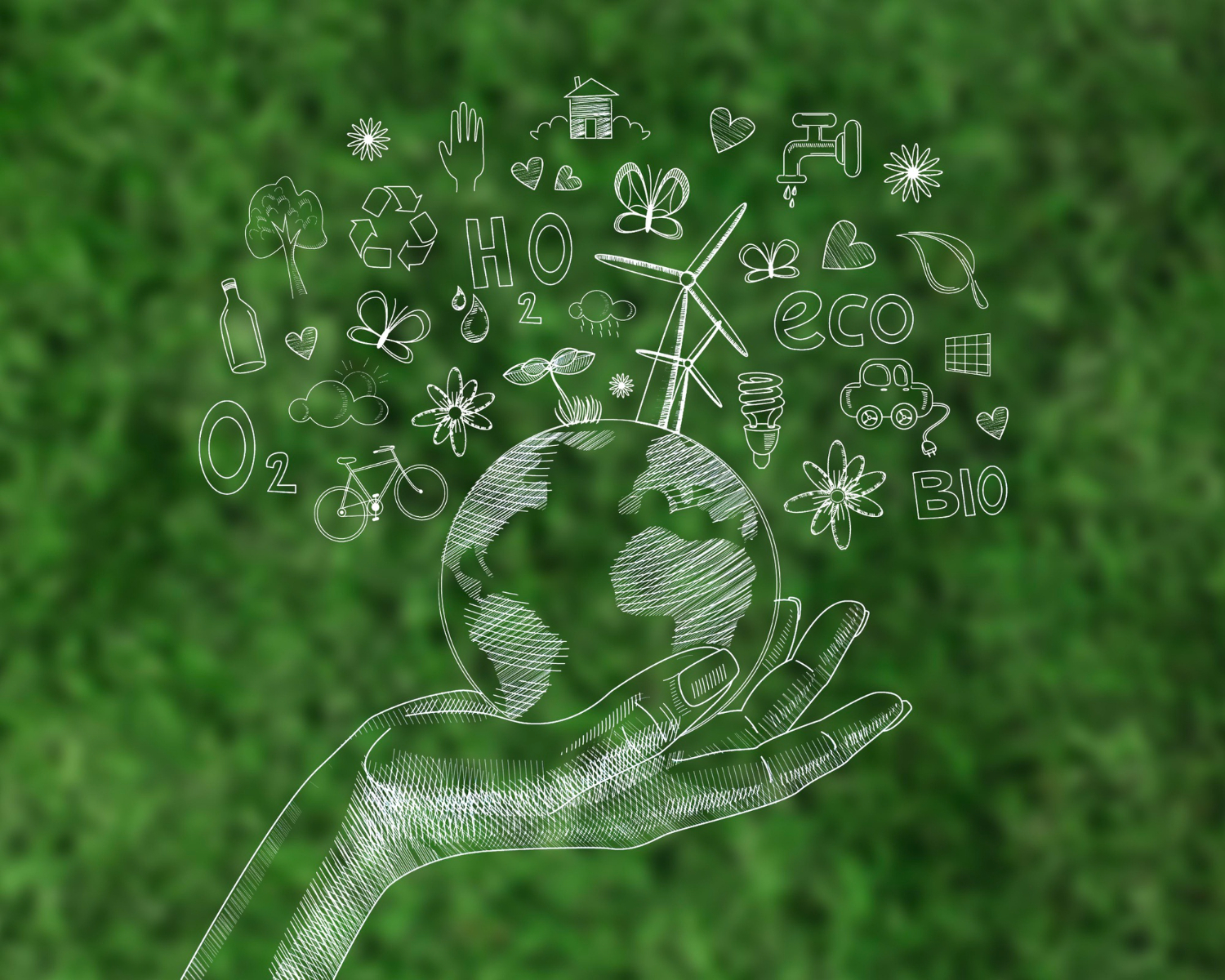 The circular economy aims to minimize waste and maximize the reuse of resources. Technologies supporting this model include advanced recycling systems capable of processing complex materials and digital platforms that facilitate product sharing and reuse. By designing products for durability and recyclability, businesses can reduce waste and lower their environmental impact.
The circular economy aims to minimize waste and maximize the reuse of resources. Technologies supporting this model include advanced recycling systems capable of processing complex materials and digital platforms that facilitate product sharing and reuse. By designing products for durability and recyclability, businesses can reduce waste and lower their environmental impact.
 Effective climate risk management is essential for both businesses and governments. Advanced data analytics and modeling tools are being used to predict and assess climate-related risks, such as extreme weather events and sea-level rise. These tools enable better decision-making and help organizations develop strategies to mitigate risks and adapt to changing conditions.
Effective climate risk management is essential for both businesses and governments. Advanced data analytics and modeling tools are being used to predict and assess climate-related risks, such as extreme weather events and sea-level rise. These tools enable better decision-making and help organizations develop strategies to mitigate risks and adapt to changing conditions.
 Innovations in sustainable materials are helping to reduce the environmental impact of manufacturing and construction. Examples include biodegradable materials, such as plant-based plastics and compostable packaging, and eco-friendly building materials like recycled steel and bamboo. These materials contribute to reducing waste and lowering carbon emissions.
Innovations in sustainable materials are helping to reduce the environmental impact of manufacturing and construction. Examples include biodegradable materials, such as plant-based plastics and compostable packaging, and eco-friendly building materials like recycled steel and bamboo. These materials contribute to reducing waste and lowering carbon emissions.
 Raising awareness about climate change and sustainability is key to fostering a more environmentally conscious society. Technology plays a role in this by providing interactive platforms, educational apps, and virtual reality experiences that make climate science and sustainability issues more accessible and engaging. These tools help educate individuals and encourage sustainable behaviors.
Raising awareness about climate change and sustainability is key to fostering a more environmentally conscious society. Technology plays a role in this by providing interactive platforms, educational apps, and virtual reality experiences that make climate science and sustainability issues more accessible and engaging. These tools help educate individuals and encourage sustainable behaviors.
 Check our ticket options here:
https://www.webit.org/festival-europe/tickets.php
Check our ticket options here:
https://www.webit.org/festival-europe/tickets.php
Renewable Energy Breakthroughs
 The transition to renewable energy sources is one of the most critical steps in reducing our carbon footprint. Solar and wind energy technologies are advancing rapidly, with improvements in efficiency and cost-effectiveness making them more accessible. Innovations in energy storage, such as high-capacity batteries and grid-scale solutions, are helping to balance supply and demand, ensuring a stable and reliable renewable energy supply.
The transition to renewable energy sources is one of the most critical steps in reducing our carbon footprint. Solar and wind energy technologies are advancing rapidly, with improvements in efficiency and cost-effectiveness making them more accessible. Innovations in energy storage, such as high-capacity batteries and grid-scale solutions, are helping to balance supply and demand, ensuring a stable and reliable renewable energy supply.
Carbon Capture and Utilization
 Carbon capture and utilization technologies are emerging as vital tools in the fight against climate change. These systems capture CO2 emissions from industrial processes or the atmosphere and either store them underground or convert them into useful products. For example, captured CO2 can be used to produce synthetic fuels or building materials, helping to close the carbon loop and reduce overall emissions.
Carbon capture and utilization technologies are emerging as vital tools in the fight against climate change. These systems capture CO2 emissions from industrial processes or the atmosphere and either store them underground or convert them into useful products. For example, captured CO2 can be used to produce synthetic fuels or building materials, helping to close the carbon loop and reduce overall emissions.
Smart Infrastructure and Resilience
 As climate change increases the frequency and severity of extreme weather events, building climate-resilient infrastructure becomes essential. Smart infrastructure, integrated with sensors and real-time monitoring systems, can enhance our ability to manage and respond to environmental challenges. Innovations include advanced flood management systems, climate-adaptive construction materials, and infrastructure designed to withstand extreme conditions.
As climate change increases the frequency and severity of extreme weather events, building climate-resilient infrastructure becomes essential. Smart infrastructure, integrated with sensors and real-time monitoring systems, can enhance our ability to manage and respond to environmental challenges. Innovations include advanced flood management systems, climate-adaptive construction materials, and infrastructure designed to withstand extreme conditions.
Sustainable Agriculture Technologies
 Agriculture is both impacted by and contributes to climate change. To address this, technology is being used to make farming more sustainable. Precision agriculture, powered by data analytics and remote sensing, allows for more efficient use of resources like water and fertilizers. Additionally, developments in vertical farming, lab-grown meat, and alternative proteins offer promising solutions for reducing the environmental footprint of food production.
Agriculture is both impacted by and contributes to climate change. To address this, technology is being used to make farming more sustainable. Precision agriculture, powered by data analytics and remote sensing, allows for more efficient use of resources like water and fertilizers. Additionally, developments in vertical farming, lab-grown meat, and alternative proteins offer promising solutions for reducing the environmental footprint of food production.
Ocean and Water Conservation
 Protecting our oceans and water resources is crucial for maintaining ecological balance and supporting life. Advances in ocean monitoring technology, such as underwater sensors and autonomous vehicles, are helping to track and address issues like pollution, overfishing, and coral reef degradation. Innovative solutions for recycling ocean plastics and restoring marine ecosystems are also making significant strides.
Protecting our oceans and water resources is crucial for maintaining ecological balance and supporting life. Advances in ocean monitoring technology, such as underwater sensors and autonomous vehicles, are helping to track and address issues like pollution, overfishing, and coral reef degradation. Innovative solutions for recycling ocean plastics and restoring marine ecosystems are also making significant strides.
Green Transportation
 Transportation is a major contributor to greenhouse gas emissions, but green technologies are paving the way for a more sustainable future. Electric vehicles (EVs) are becoming increasingly prevalent, with advancements in battery technology and charging infrastructure making them more viable. Additionally, hydrogen fuel cells, improved public transit systems, and autonomous vehicles are contributing to reduced emissions and more efficient travel.
Transportation is a major contributor to greenhouse gas emissions, but green technologies are paving the way for a more sustainable future. Electric vehicles (EVs) are becoming increasingly prevalent, with advancements in battery technology and charging infrastructure making them more viable. Additionally, hydrogen fuel cells, improved public transit systems, and autonomous vehicles are contributing to reduced emissions and more efficient travel.
Circular Economy Initiatives
 The circular economy aims to minimize waste and maximize the reuse of resources. Technologies supporting this model include advanced recycling systems capable of processing complex materials and digital platforms that facilitate product sharing and reuse. By designing products for durability and recyclability, businesses can reduce waste and lower their environmental impact.
The circular economy aims to minimize waste and maximize the reuse of resources. Technologies supporting this model include advanced recycling systems capable of processing complex materials and digital platforms that facilitate product sharing and reuse. By designing products for durability and recyclability, businesses can reduce waste and lower their environmental impact.
Climate Risk Management
 Effective climate risk management is essential for both businesses and governments. Advanced data analytics and modeling tools are being used to predict and assess climate-related risks, such as extreme weather events and sea-level rise. These tools enable better decision-making and help organizations develop strategies to mitigate risks and adapt to changing conditions.
Effective climate risk management is essential for both businesses and governments. Advanced data analytics and modeling tools are being used to predict and assess climate-related risks, such as extreme weather events and sea-level rise. These tools enable better decision-making and help organizations develop strategies to mitigate risks and adapt to changing conditions.
Sustainable Materials
 Innovations in sustainable materials are helping to reduce the environmental impact of manufacturing and construction. Examples include biodegradable materials, such as plant-based plastics and compostable packaging, and eco-friendly building materials like recycled steel and bamboo. These materials contribute to reducing waste and lowering carbon emissions.
Innovations in sustainable materials are helping to reduce the environmental impact of manufacturing and construction. Examples include biodegradable materials, such as plant-based plastics and compostable packaging, and eco-friendly building materials like recycled steel and bamboo. These materials contribute to reducing waste and lowering carbon emissions.
Public Engagement and Education
 Raising awareness about climate change and sustainability is key to fostering a more environmentally conscious society. Technology plays a role in this by providing interactive platforms, educational apps, and virtual reality experiences that make climate science and sustainability issues more accessible and engaging. These tools help educate individuals and encourage sustainable behaviors.
Raising awareness about climate change and sustainability is key to fostering a more environmentally conscious society. Technology plays a role in this by providing interactive platforms, educational apps, and virtual reality experiences that make climate science and sustainability issues more accessible and engaging. These tools help educate individuals and encourage sustainable behaviors.
Moving Forward
The advancements in Planet & Climate Tech represent a hopeful and proactive approach to addressing environmental challenges. By harnessing these technologies, we can make significant strides toward a more sustainable and resilient future. Collaboration across sectors and continued innovation will be crucial in driving progress and achieving global environmental goals. Join the discussion and learn from global leaders in the industry on the 23rd of October in Sofia. https://www.webit.org/festival-europe/index.php #WebitFestival2024 is an exciting opportunity for industry leaders and experts to come together to discuss the latest trends and developments in the field of planet and climate tech. Check our ticket options here:
https://www.webit.org/festival-europe/tickets.php
Check our ticket options here:
https://www.webit.org/festival-europe/tickets.php Visionary Review of TOP 10 Tech Trends Shaping the Future
The future of technology is constantly evolving, and as innovation accelerates, the next decade promises radical shifts in various industries. From artificial intelligence and quantum computing to biotechnology and sustainable energy, we are on the cusp of transformative developments that could reshape society, the economy, and human experience. Here's a visionary look at the top 10 tech trends that will define the future:
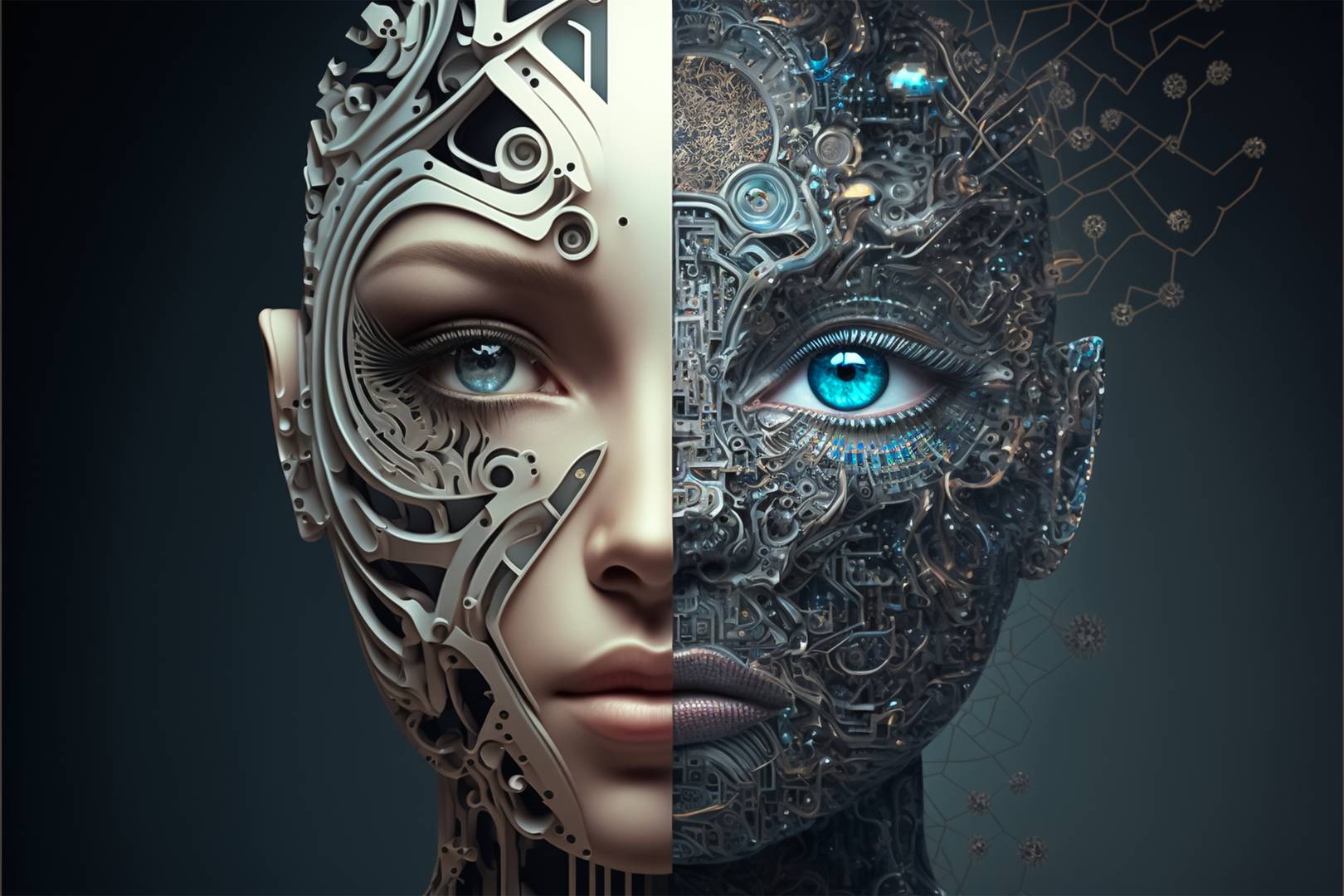 AI and ML continue to dominate the tech landscape. No longer confined to data analysis or simple automation, AI is being integrated into nearly every aspect of our lives—from personalized healthcare and self-driving vehicles to creative industries like music composition and movie production. As AI models become more advanced, we can expect deeper human-AI collaboration, with AI taking on more cognitive tasks like problem-solving, decision-making, and even emotional intelligence.
In the coming years, AI will advance into “Artificial General Intelligence” (AGI), where machines can perform tasks across a wide range of disciplines without explicit programming. This could lead to breakthroughs in medicine, climate science, and education, revolutionizing industries worldwide.
AI and ML continue to dominate the tech landscape. No longer confined to data analysis or simple automation, AI is being integrated into nearly every aspect of our lives—from personalized healthcare and self-driving vehicles to creative industries like music composition and movie production. As AI models become more advanced, we can expect deeper human-AI collaboration, with AI taking on more cognitive tasks like problem-solving, decision-making, and even emotional intelligence.
In the coming years, AI will advance into “Artificial General Intelligence” (AGI), where machines can perform tasks across a wide range of disciplines without explicit programming. This could lead to breakthroughs in medicine, climate science, and education, revolutionizing industries worldwide.
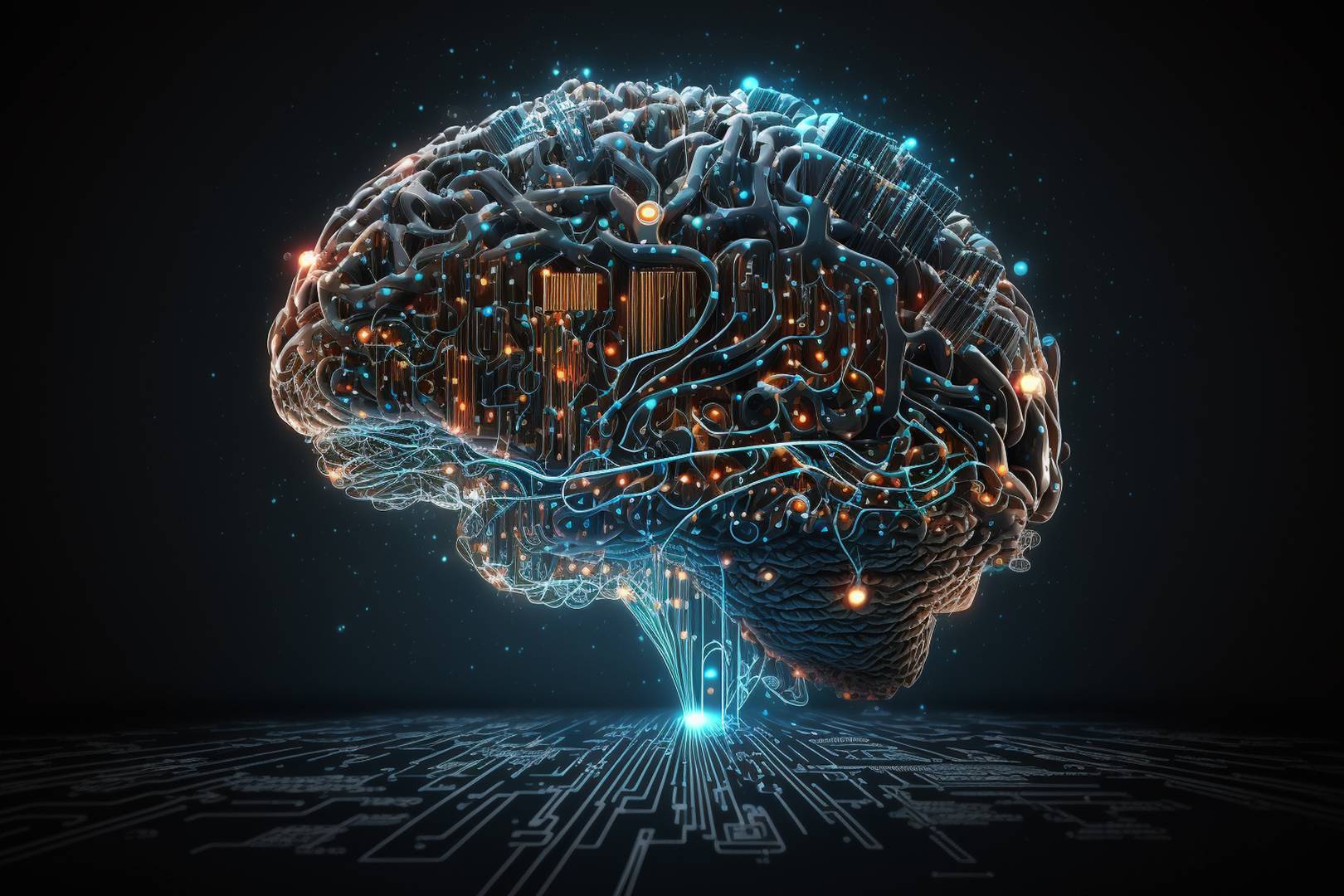 Quantum computing is poised to revolutionize computational power by harnessing the principles of quantum mechanics. Unlike classical computers, which use bits (0s and 1s), quantum computers use qubits that can exist in multiple states simultaneously. This enables them to solve complex problems, such as simulating molecular structures for drug discovery or optimizing supply chains, exponentially faster.
Quantum computing is still in its early stages, but breakthroughs by companies like Google, IBM, and Rigetti suggest we are closer to realizing practical applications. Over the next decade, quantum computing could transform fields like cryptography, material science, and artificial intelligence, ushering in a new era of innovation.
Quantum computing is poised to revolutionize computational power by harnessing the principles of quantum mechanics. Unlike classical computers, which use bits (0s and 1s), quantum computers use qubits that can exist in multiple states simultaneously. This enables them to solve complex problems, such as simulating molecular structures for drug discovery or optimizing supply chains, exponentially faster.
Quantum computing is still in its early stages, but breakthroughs by companies like Google, IBM, and Rigetti suggest we are closer to realizing practical applications. Over the next decade, quantum computing could transform fields like cryptography, material science, and artificial intelligence, ushering in a new era of innovation.
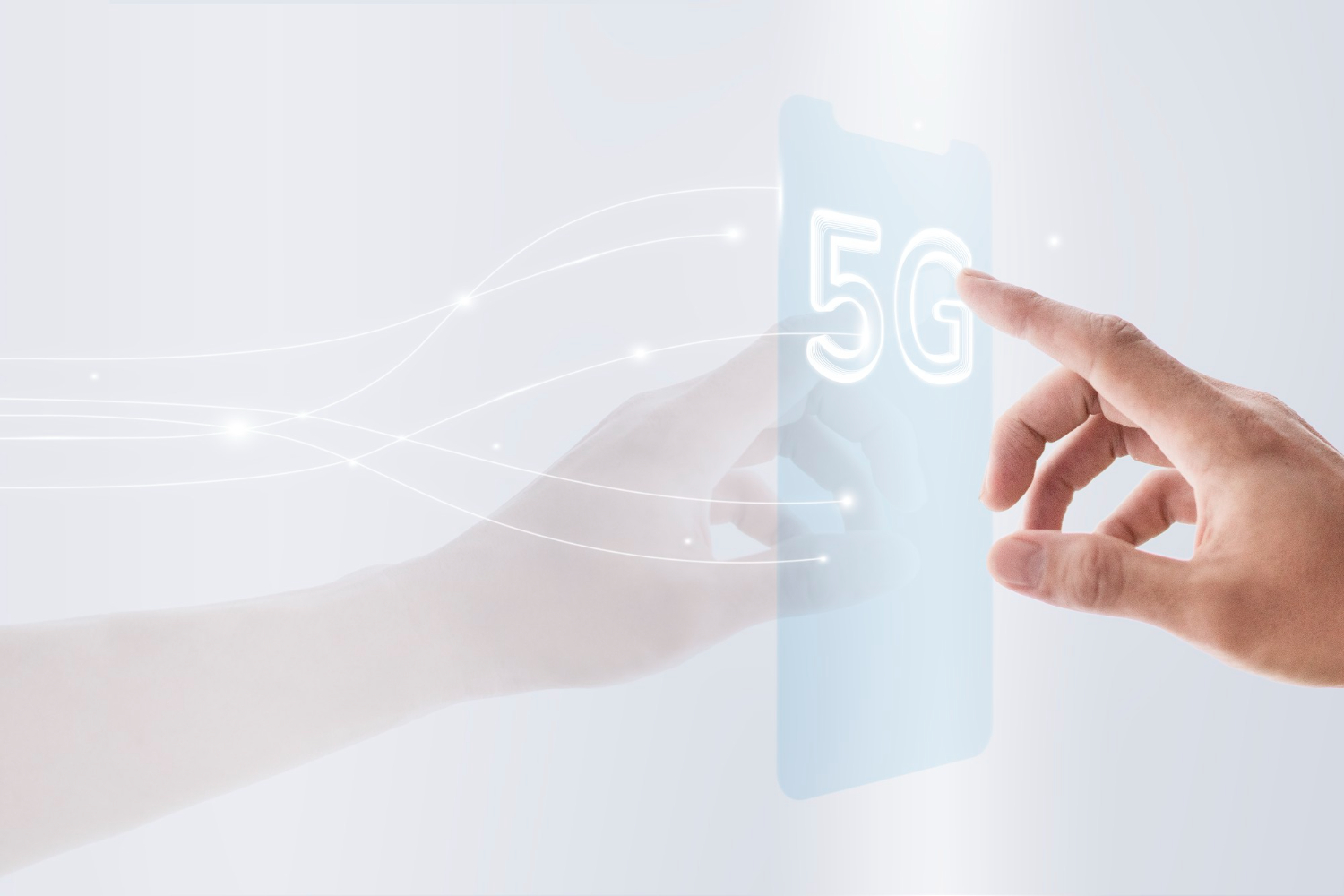 5G technology is already beginning to roll out worldwide, promising ultra-fast internet speeds, low latency, and higher capacity for connected devices. This fifth generation of mobile networks will enable innovations like smart cities, autonomous vehicles, and advanced IoT ecosystems. But the real game-changer is what comes next: 6G. Expected to emerge in the 2030s, 6G will offer even faster speeds and near-instantaneous communication, supporting advanced technologies like holographic communication, brain-computer interfaces, and real-time virtual reality.
The global push for 5G is also driving the development of edge computing, allowing data processing to occur closer to the user. This will improve efficiency and reduce the need for cloud-based storage, resulting in faster and more responsive applications.
5G technology is already beginning to roll out worldwide, promising ultra-fast internet speeds, low latency, and higher capacity for connected devices. This fifth generation of mobile networks will enable innovations like smart cities, autonomous vehicles, and advanced IoT ecosystems. But the real game-changer is what comes next: 6G. Expected to emerge in the 2030s, 6G will offer even faster speeds and near-instantaneous communication, supporting advanced technologies like holographic communication, brain-computer interfaces, and real-time virtual reality.
The global push for 5G is also driving the development of edge computing, allowing data processing to occur closer to the user. This will improve efficiency and reduce the need for cloud-based storage, resulting in faster and more responsive applications.
 IoT is becoming an integral part of modern life, with billions of devices—from refrigerators to industrial machines—already connected to the internet. The next wave of IoT will focus on intelligent connectivity, where smart devices are not just connected but also capable of learning and evolving autonomously.
This will impact industries like healthcare, where wearable devices and smart implants could monitor health metrics in real-time, and manufacturing, where smart factories could optimize production with minimal human intervention. Enhanced IoT security will be key to its growth, with edge computing and blockchain playing a major role in securing data transmission.
IoT is becoming an integral part of modern life, with billions of devices—from refrigerators to industrial machines—already connected to the internet. The next wave of IoT will focus on intelligent connectivity, where smart devices are not just connected but also capable of learning and evolving autonomously.
This will impact industries like healthcare, where wearable devices and smart implants could monitor health metrics in real-time, and manufacturing, where smart factories could optimize production with minimal human intervention. Enhanced IoT security will be key to its growth, with edge computing and blockchain playing a major role in securing data transmission.
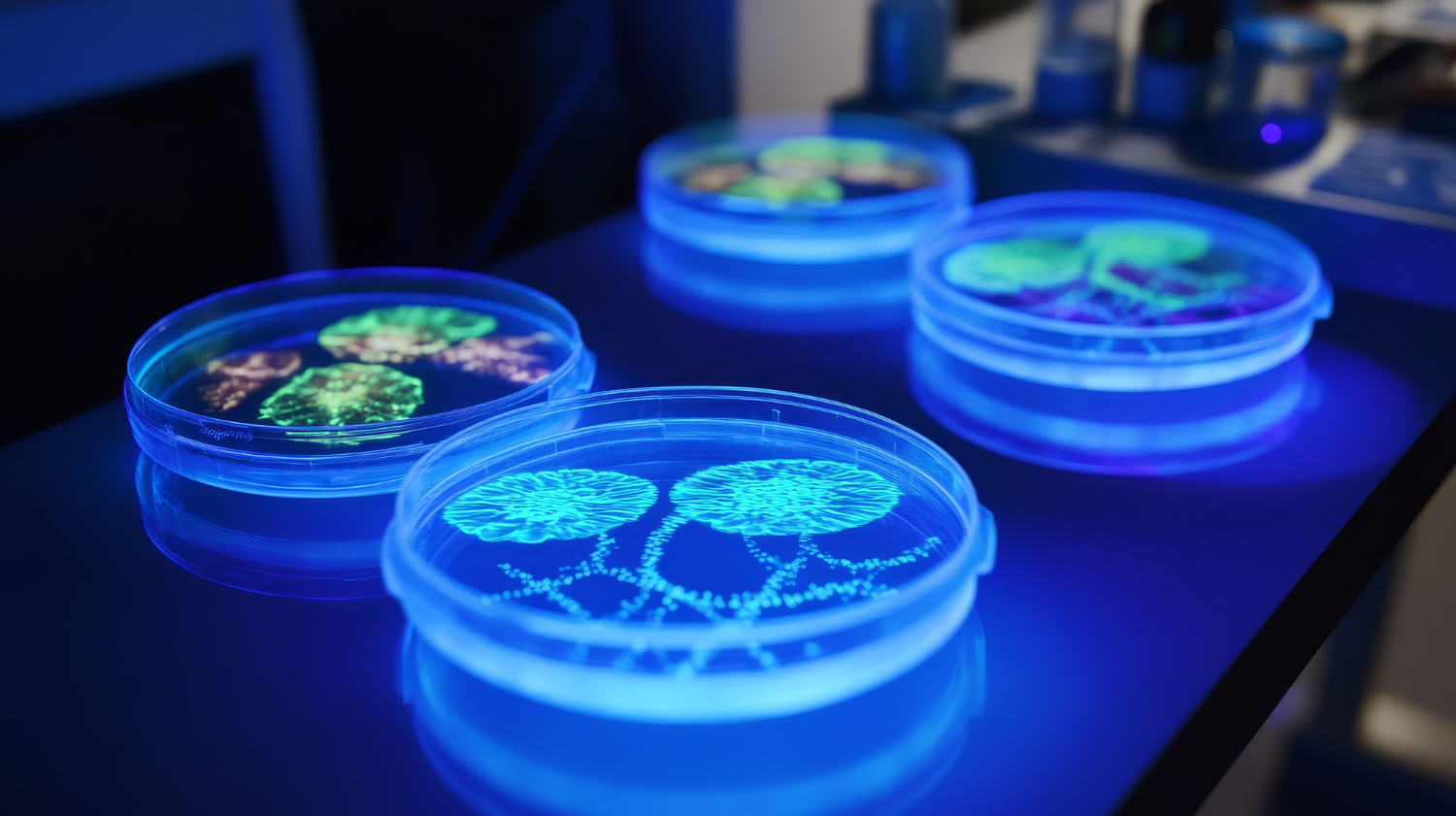 The convergence of biology and technology is accelerating rapidly. Breakthroughs in gene editing, synthetic biology, and bioengineering are transforming fields like medicine, agriculture, and environmental science. CRISPR technology is already enabling scientists to edit genes with precision, potentially curing genetic diseases, creating climate-resistant crops, and even reviving extinct species.
In the near future, personalized medicine based on an individual’s genome could become the norm, while bioengineered tissues and organs could eliminate the need for donor transplants. Synthetic biology could also pave the way for sustainable biofuels and biodegradable materials, contributing to a greener future.
The convergence of biology and technology is accelerating rapidly. Breakthroughs in gene editing, synthetic biology, and bioengineering are transforming fields like medicine, agriculture, and environmental science. CRISPR technology is already enabling scientists to edit genes with precision, potentially curing genetic diseases, creating climate-resistant crops, and even reviving extinct species.
In the near future, personalized medicine based on an individual’s genome could become the norm, while bioengineered tissues and organs could eliminate the need for donor transplants. Synthetic biology could also pave the way for sustainable biofuels and biodegradable materials, contributing to a greener future.
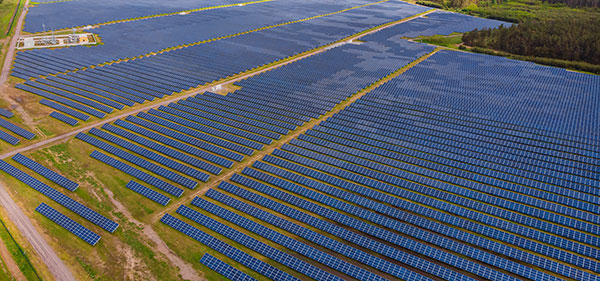 As the world confronts the climate crisis, sustainable energy is no longer optional but essential. The rapid advancement in solar, wind, and battery technologies is transforming the global energy landscape. Solar panels are becoming more efficient and affordable, and energy storage systems like Tesla’s Powerwall are making renewable energy more practical for everyday use.
Emerging technologies like nuclear fusion—once considered science fiction—are making significant strides, potentially providing a nearly limitless, clean energy source. Breakthroughs in hydrogen fuel cells and energy-efficient grids will also contribute to a decentralized, green energy future.
As the world confronts the climate crisis, sustainable energy is no longer optional but essential. The rapid advancement in solar, wind, and battery technologies is transforming the global energy landscape. Solar panels are becoming more efficient and affordable, and energy storage systems like Tesla’s Powerwall are making renewable energy more practical for everyday use.
Emerging technologies like nuclear fusion—once considered science fiction—are making significant strides, potentially providing a nearly limitless, clean energy source. Breakthroughs in hydrogen fuel cells and energy-efficient grids will also contribute to a decentralized, green energy future.
 Extended Reality (XR), which encompasses Augmented Reality (AR), Virtual Reality (VR), and Mixed Reality (MR), is on the verge of a mainstream breakthrough. AR enhances the physical world with digital overlays, while VR immerses users in entirely virtual environments. MR, a hybrid of the two, allows interaction between digital and real-world elements.
As XR technologies improve, we’ll see transformative applications in gaming, education, healthcare, and entertainment. For example, surgeons may use AR to guide them during operations, while students can experience historical events in VR. The merging of digital and physical worlds through XR will also redefine how we interact with information, art, and each other.
Extended Reality (XR), which encompasses Augmented Reality (AR), Virtual Reality (VR), and Mixed Reality (MR), is on the verge of a mainstream breakthrough. AR enhances the physical world with digital overlays, while VR immerses users in entirely virtual environments. MR, a hybrid of the two, allows interaction between digital and real-world elements.
As XR technologies improve, we’ll see transformative applications in gaming, education, healthcare, and entertainment. For example, surgeons may use AR to guide them during operations, while students can experience historical events in VR. The merging of digital and physical worlds through XR will also redefine how we interact with information, art, and each other.
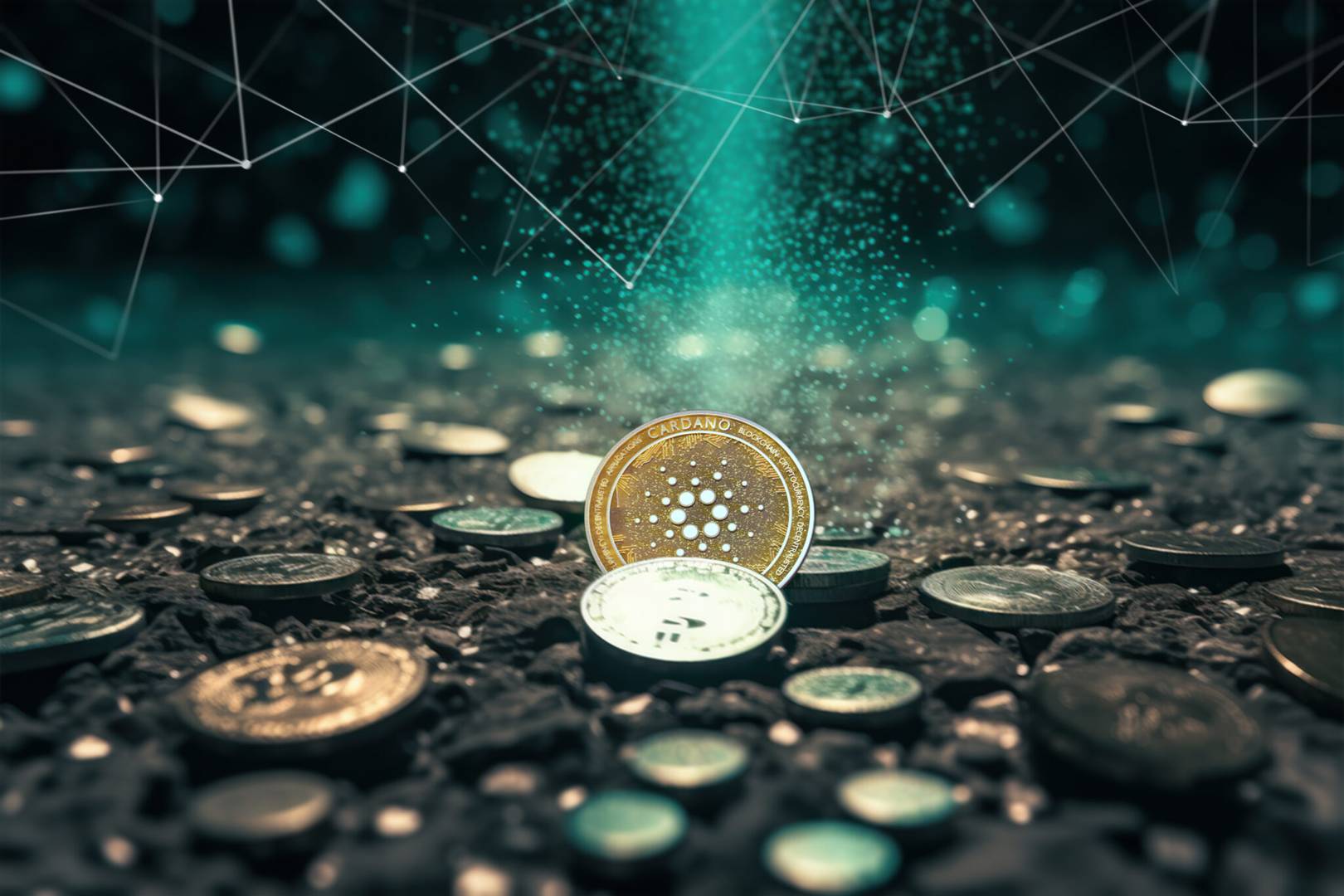 Blockchain technology is best known for powering cryptocurrencies like Bitcoin, but its decentralized and secure nature has far-reaching applications. In the future, blockchain could transform industries by providing transparent and tamper-proof systems for everything from voting to supply chain management.
Decentralized finance (DeFi) is already disrupting traditional banking, offering services like loans, savings accounts, and insurance without intermediaries. Additionally, NFTs (non-fungible tokens) are redefining the concept of ownership in digital spaces, and the "Web3" movement aims to create a decentralized, user-controlled internet.
Blockchain technology is best known for powering cryptocurrencies like Bitcoin, but its decentralized and secure nature has far-reaching applications. In the future, blockchain could transform industries by providing transparent and tamper-proof systems for everything from voting to supply chain management.
Decentralized finance (DeFi) is already disrupting traditional banking, offering services like loans, savings accounts, and insurance without intermediaries. Additionally, NFTs (non-fungible tokens) are redefining the concept of ownership in digital spaces, and the "Web3" movement aims to create a decentralized, user-controlled internet.
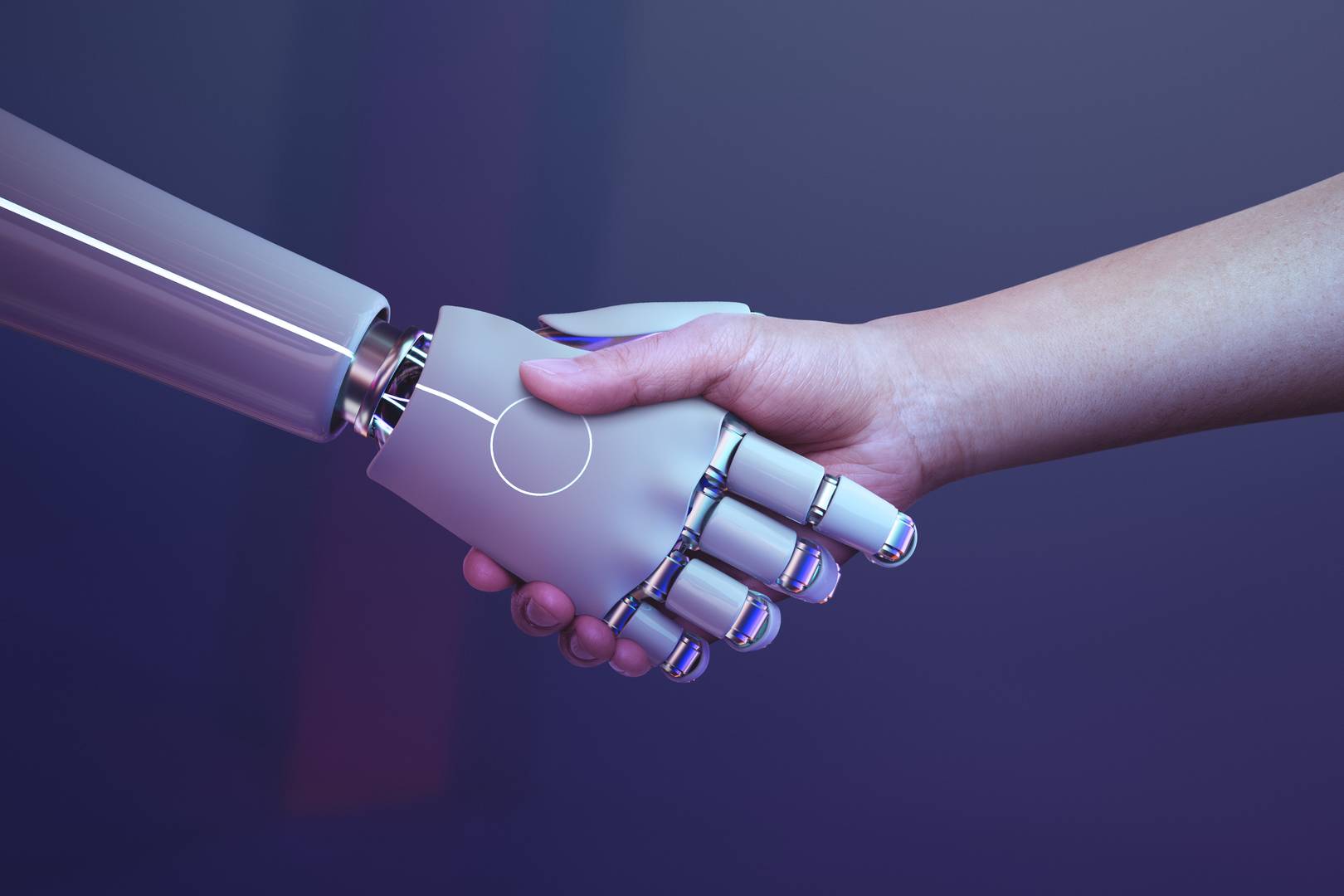 Autonomous systems, powered by AI and robotics, are advancing at an unprecedented rate. Self-driving cars, drones, and robotic assistants are becoming increasingly common, with industries like transportation, agriculture, and manufacturing at the forefront of adopting these technologies.
Over the next decade, we’ll see more sophisticated autonomous systems capable of handling complex tasks with minimal human intervention. Autonomous delivery drones, for example, could revolutionize logistics, while AI-driven robots may take on dangerous jobs like disaster response and deep-sea exploration.
Autonomous systems, powered by AI and robotics, are advancing at an unprecedented rate. Self-driving cars, drones, and robotic assistants are becoming increasingly common, with industries like transportation, agriculture, and manufacturing at the forefront of adopting these technologies.
Over the next decade, we’ll see more sophisticated autonomous systems capable of handling complex tasks with minimal human intervention. Autonomous delivery drones, for example, could revolutionize logistics, while AI-driven robots may take on dangerous jobs like disaster response and deep-sea exploration.
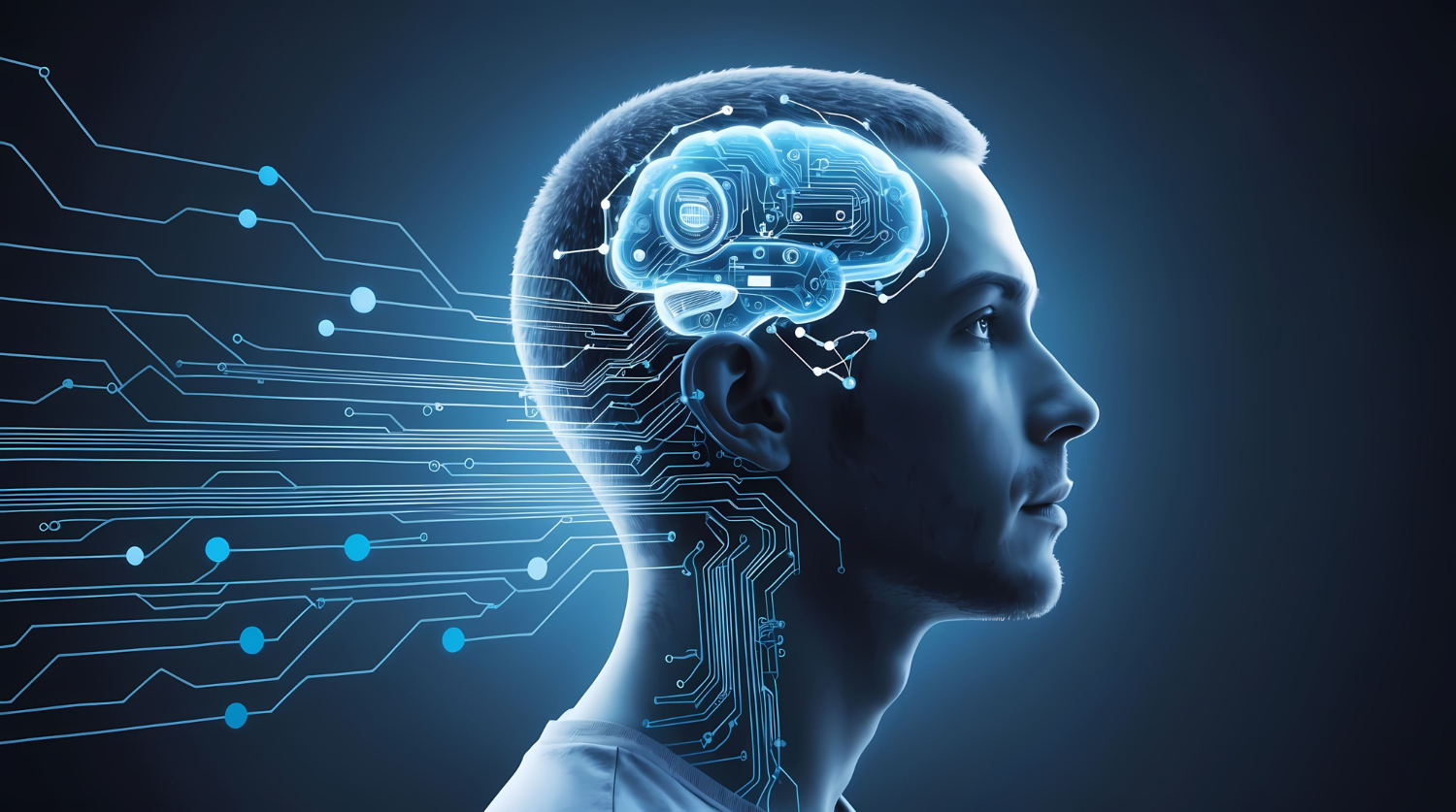 Human augmentation technologies, such as exoskeletons and neural implants, are enhancing human capabilities in profound ways. Brain-computer interfaces (BCIs), like Elon Musk’s Neuralink, aim to create direct communication between the brain and external devices, enabling people to control machines with their thoughts. This could have revolutionary implications for people with disabilities, enabling them to regain mobility or communicate more effectively.
As these technologies advance, we may see enhancements that augment memory, cognition, or physical abilities, blurring the line between human and machine. Ethical considerations surrounding privacy, autonomy, and the potential for inequality will need to be addressed as this field grows.
Human augmentation technologies, such as exoskeletons and neural implants, are enhancing human capabilities in profound ways. Brain-computer interfaces (BCIs), like Elon Musk’s Neuralink, aim to create direct communication between the brain and external devices, enabling people to control machines with their thoughts. This could have revolutionary implications for people with disabilities, enabling them to regain mobility or communicate more effectively.
As these technologies advance, we may see enhancements that augment memory, cognition, or physical abilities, blurring the line between human and machine. Ethical considerations surrounding privacy, autonomy, and the potential for inequality will need to be addressed as this field grows.
 Check our ticket options here:
https://www.webit.org/festival-europe/tickets.php
Check our ticket options here:
https://www.webit.org/festival-europe/tickets.php
1. Artificial Intelligence and Machine Learning (AI/ML)
 AI and ML continue to dominate the tech landscape. No longer confined to data analysis or simple automation, AI is being integrated into nearly every aspect of our lives—from personalized healthcare and self-driving vehicles to creative industries like music composition and movie production. As AI models become more advanced, we can expect deeper human-AI collaboration, with AI taking on more cognitive tasks like problem-solving, decision-making, and even emotional intelligence.
In the coming years, AI will advance into “Artificial General Intelligence” (AGI), where machines can perform tasks across a wide range of disciplines without explicit programming. This could lead to breakthroughs in medicine, climate science, and education, revolutionizing industries worldwide.
AI and ML continue to dominate the tech landscape. No longer confined to data analysis or simple automation, AI is being integrated into nearly every aspect of our lives—from personalized healthcare and self-driving vehicles to creative industries like music composition and movie production. As AI models become more advanced, we can expect deeper human-AI collaboration, with AI taking on more cognitive tasks like problem-solving, decision-making, and even emotional intelligence.
In the coming years, AI will advance into “Artificial General Intelligence” (AGI), where machines can perform tasks across a wide range of disciplines without explicit programming. This could lead to breakthroughs in medicine, climate science, and education, revolutionizing industries worldwide.
2. Quantum Computing
 Quantum computing is poised to revolutionize computational power by harnessing the principles of quantum mechanics. Unlike classical computers, which use bits (0s and 1s), quantum computers use qubits that can exist in multiple states simultaneously. This enables them to solve complex problems, such as simulating molecular structures for drug discovery or optimizing supply chains, exponentially faster.
Quantum computing is still in its early stages, but breakthroughs by companies like Google, IBM, and Rigetti suggest we are closer to realizing practical applications. Over the next decade, quantum computing could transform fields like cryptography, material science, and artificial intelligence, ushering in a new era of innovation.
Quantum computing is poised to revolutionize computational power by harnessing the principles of quantum mechanics. Unlike classical computers, which use bits (0s and 1s), quantum computers use qubits that can exist in multiple states simultaneously. This enables them to solve complex problems, such as simulating molecular structures for drug discovery or optimizing supply chains, exponentially faster.
Quantum computing is still in its early stages, but breakthroughs by companies like Google, IBM, and Rigetti suggest we are closer to realizing practical applications. Over the next decade, quantum computing could transform fields like cryptography, material science, and artificial intelligence, ushering in a new era of innovation.
3. 5G and Beyond
 5G technology is already beginning to roll out worldwide, promising ultra-fast internet speeds, low latency, and higher capacity for connected devices. This fifth generation of mobile networks will enable innovations like smart cities, autonomous vehicles, and advanced IoT ecosystems. But the real game-changer is what comes next: 6G. Expected to emerge in the 2030s, 6G will offer even faster speeds and near-instantaneous communication, supporting advanced technologies like holographic communication, brain-computer interfaces, and real-time virtual reality.
The global push for 5G is also driving the development of edge computing, allowing data processing to occur closer to the user. This will improve efficiency and reduce the need for cloud-based storage, resulting in faster and more responsive applications.
5G technology is already beginning to roll out worldwide, promising ultra-fast internet speeds, low latency, and higher capacity for connected devices. This fifth generation of mobile networks will enable innovations like smart cities, autonomous vehicles, and advanced IoT ecosystems. But the real game-changer is what comes next: 6G. Expected to emerge in the 2030s, 6G will offer even faster speeds and near-instantaneous communication, supporting advanced technologies like holographic communication, brain-computer interfaces, and real-time virtual reality.
The global push for 5G is also driving the development of edge computing, allowing data processing to occur closer to the user. This will improve efficiency and reduce the need for cloud-based storage, resulting in faster and more responsive applications.
4. Internet of Things (IoT)
 IoT is becoming an integral part of modern life, with billions of devices—from refrigerators to industrial machines—already connected to the internet. The next wave of IoT will focus on intelligent connectivity, where smart devices are not just connected but also capable of learning and evolving autonomously.
This will impact industries like healthcare, where wearable devices and smart implants could monitor health metrics in real-time, and manufacturing, where smart factories could optimize production with minimal human intervention. Enhanced IoT security will be key to its growth, with edge computing and blockchain playing a major role in securing data transmission.
IoT is becoming an integral part of modern life, with billions of devices—from refrigerators to industrial machines—already connected to the internet. The next wave of IoT will focus on intelligent connectivity, where smart devices are not just connected but also capable of learning and evolving autonomously.
This will impact industries like healthcare, where wearable devices and smart implants could monitor health metrics in real-time, and manufacturing, where smart factories could optimize production with minimal human intervention. Enhanced IoT security will be key to its growth, with edge computing and blockchain playing a major role in securing data transmission.
5. Biotechnology and Bioengineering
 The convergence of biology and technology is accelerating rapidly. Breakthroughs in gene editing, synthetic biology, and bioengineering are transforming fields like medicine, agriculture, and environmental science. CRISPR technology is already enabling scientists to edit genes with precision, potentially curing genetic diseases, creating climate-resistant crops, and even reviving extinct species.
In the near future, personalized medicine based on an individual’s genome could become the norm, while bioengineered tissues and organs could eliminate the need for donor transplants. Synthetic biology could also pave the way for sustainable biofuels and biodegradable materials, contributing to a greener future.
The convergence of biology and technology is accelerating rapidly. Breakthroughs in gene editing, synthetic biology, and bioengineering are transforming fields like medicine, agriculture, and environmental science. CRISPR technology is already enabling scientists to edit genes with precision, potentially curing genetic diseases, creating climate-resistant crops, and even reviving extinct species.
In the near future, personalized medicine based on an individual’s genome could become the norm, while bioengineered tissues and organs could eliminate the need for donor transplants. Synthetic biology could also pave the way for sustainable biofuels and biodegradable materials, contributing to a greener future.
6. Sustainable and Renewable Energy Technologies
 As the world confronts the climate crisis, sustainable energy is no longer optional but essential. The rapid advancement in solar, wind, and battery technologies is transforming the global energy landscape. Solar panels are becoming more efficient and affordable, and energy storage systems like Tesla’s Powerwall are making renewable energy more practical for everyday use.
Emerging technologies like nuclear fusion—once considered science fiction—are making significant strides, potentially providing a nearly limitless, clean energy source. Breakthroughs in hydrogen fuel cells and energy-efficient grids will also contribute to a decentralized, green energy future.
As the world confronts the climate crisis, sustainable energy is no longer optional but essential. The rapid advancement in solar, wind, and battery technologies is transforming the global energy landscape. Solar panels are becoming more efficient and affordable, and energy storage systems like Tesla’s Powerwall are making renewable energy more practical for everyday use.
Emerging technologies like nuclear fusion—once considered science fiction—are making significant strides, potentially providing a nearly limitless, clean energy source. Breakthroughs in hydrogen fuel cells and energy-efficient grids will also contribute to a decentralized, green energy future.
7. Extended Reality (XR) – AR, VR, and MR
 Extended Reality (XR), which encompasses Augmented Reality (AR), Virtual Reality (VR), and Mixed Reality (MR), is on the verge of a mainstream breakthrough. AR enhances the physical world with digital overlays, while VR immerses users in entirely virtual environments. MR, a hybrid of the two, allows interaction between digital and real-world elements.
As XR technologies improve, we’ll see transformative applications in gaming, education, healthcare, and entertainment. For example, surgeons may use AR to guide them during operations, while students can experience historical events in VR. The merging of digital and physical worlds through XR will also redefine how we interact with information, art, and each other.
Extended Reality (XR), which encompasses Augmented Reality (AR), Virtual Reality (VR), and Mixed Reality (MR), is on the verge of a mainstream breakthrough. AR enhances the physical world with digital overlays, while VR immerses users in entirely virtual environments. MR, a hybrid of the two, allows interaction between digital and real-world elements.
As XR technologies improve, we’ll see transformative applications in gaming, education, healthcare, and entertainment. For example, surgeons may use AR to guide them during operations, while students can experience historical events in VR. The merging of digital and physical worlds through XR will also redefine how we interact with information, art, and each other.
8. Blockchain and Decentralization
 Blockchain technology is best known for powering cryptocurrencies like Bitcoin, but its decentralized and secure nature has far-reaching applications. In the future, blockchain could transform industries by providing transparent and tamper-proof systems for everything from voting to supply chain management.
Decentralized finance (DeFi) is already disrupting traditional banking, offering services like loans, savings accounts, and insurance without intermediaries. Additionally, NFTs (non-fungible tokens) are redefining the concept of ownership in digital spaces, and the "Web3" movement aims to create a decentralized, user-controlled internet.
Blockchain technology is best known for powering cryptocurrencies like Bitcoin, but its decentralized and secure nature has far-reaching applications. In the future, blockchain could transform industries by providing transparent and tamper-proof systems for everything from voting to supply chain management.
Decentralized finance (DeFi) is already disrupting traditional banking, offering services like loans, savings accounts, and insurance without intermediaries. Additionally, NFTs (non-fungible tokens) are redefining the concept of ownership in digital spaces, and the "Web3" movement aims to create a decentralized, user-controlled internet.
9. Autonomous Systems and Robotics
 Autonomous systems, powered by AI and robotics, are advancing at an unprecedented rate. Self-driving cars, drones, and robotic assistants are becoming increasingly common, with industries like transportation, agriculture, and manufacturing at the forefront of adopting these technologies.
Over the next decade, we’ll see more sophisticated autonomous systems capable of handling complex tasks with minimal human intervention. Autonomous delivery drones, for example, could revolutionize logistics, while AI-driven robots may take on dangerous jobs like disaster response and deep-sea exploration.
Autonomous systems, powered by AI and robotics, are advancing at an unprecedented rate. Self-driving cars, drones, and robotic assistants are becoming increasingly common, with industries like transportation, agriculture, and manufacturing at the forefront of adopting these technologies.
Over the next decade, we’ll see more sophisticated autonomous systems capable of handling complex tasks with minimal human intervention. Autonomous delivery drones, for example, could revolutionize logistics, while AI-driven robots may take on dangerous jobs like disaster response and deep-sea exploration.
10. Human Augmentation and Brain-Computer Interfaces
 Human augmentation technologies, such as exoskeletons and neural implants, are enhancing human capabilities in profound ways. Brain-computer interfaces (BCIs), like Elon Musk’s Neuralink, aim to create direct communication between the brain and external devices, enabling people to control machines with their thoughts. This could have revolutionary implications for people with disabilities, enabling them to regain mobility or communicate more effectively.
As these technologies advance, we may see enhancements that augment memory, cognition, or physical abilities, blurring the line between human and machine. Ethical considerations surrounding privacy, autonomy, and the potential for inequality will need to be addressed as this field grows.
Human augmentation technologies, such as exoskeletons and neural implants, are enhancing human capabilities in profound ways. Brain-computer interfaces (BCIs), like Elon Musk’s Neuralink, aim to create direct communication between the brain and external devices, enabling people to control machines with their thoughts. This could have revolutionary implications for people with disabilities, enabling them to regain mobility or communicate more effectively.
As these technologies advance, we may see enhancements that augment memory, cognition, or physical abilities, blurring the line between human and machine. Ethical considerations surrounding privacy, autonomy, and the potential for inequality will need to be addressed as this field grows.
The Road Ahead
The future of technology holds exciting possibilities that will touch every aspect of our lives. These top 10 tech trends represent not just incremental improvements but transformative leaps forward in how we interact with the world and with each other. The challenge ahead lies in ensuring that these innovations benefit society as a whole, addressing ethical considerations and ensuring equitable access to the technological advancements that will shape our future. Join the discussion and learn from global leaders in the industry on the 23rd of October in Sofia. https://www.webit.org/festival-europe/index.php #WebitFestival2024 is an exciting opportunity for industry leaders and experts to come together to discuss the latest trends and developments in the field of the innovations in the future. Check our ticket options here:
https://www.webit.org/festival-europe/tickets.php
Check our ticket options here:
https://www.webit.org/festival-europe/tickets.php Microsoft’s Chief AI Architect Comes to Webit in Bulgaria
🌟 Exciting News! 🌟
We’re thrilled to announce that Sonika Kapil, AI & App Chief Architect at Microsoft, will be speaking at Webit Sofia Edition 2024! 🎤✨
With over 20 years of experience in IT, Sonika has played pivotal roles at Microsoft and SAP, leading global operations and delivering projects worth over $500M. In her current role, Sonika collaborates with Denmark's top companies to co-create intelligent applications powered by AI, driving innovation across industries.
Don’t miss her insightful session on the transformative power of AI and its role in shaping the future of intelligent applications. Learn about her AI-driven solutions strategy and how she merges strategic insights with technical expertise for breakthrough results.
Get ready for an in-depth look at AI’s role in the future of tech innovation! 🚀
https://www.webit.org/festival-europe/tickets.php
#Webit2024 #AIInnovation #TechLeadership #AIArchitect #Microsoft #SonikaKapil #FutureOfAI #AppDevelopment #AITransformation
We’re thrilled to announce that Arda Kaya, Associate Director at EY-Parthenon...
With over 14 years of experience in software and technology, Arda has been a driving force behind more than 50 global transaction deals and value-creation projects. Specializing in M&A advisory, Arda will share his deep insights into commercial and technological strategies for private equity and corporate clients.
Don’t miss this opportunity to hear Arda's expert take on AI and its profound impact on the industry! 🚀
https://www.webit.org/festival-europe/tickets.php
#WebitFestival #AIInnovation #TechLeadership #MergersAndAcquisitions #SoftwareStrategy #PrivateEquity #EYParthenon #ArdaKaya #CorporateTransformation #Webit2024
We’re thrilled to announce David Keene as a new addition to...
David is the CMO for Europe at Wipro and a powerhouse in B2B marketing, recognized as one of the Top 100 Global CMOs. With over 30 years of experience, David has consistently delivered transformative demand, go-to-market strategies, and revenue operations that drive double-digit growth and boost brand engagement.
His impressive career includes leadership roles at tech giants like Google, Salesforce, SAP, and Oracle, as well as hyper-growth startups. David’s expertise in cloud, SaaS, AI, and digital marketing makes him a key driver of revenue growth and market expansion.
Don’t miss the chance to hear David share his insights at Webit Festival 2024! 🌟📈
https://www.webit.org/festival-europe/index.php
Join us in welcoming David and be part of the conversation! #Webit2024 #CMO #B2BMarketing #TechLeader #DigitalTransformation #Cloud #SaaS #AI #RevenueGrowth #MarketingExcellence #Wipro
We’re thrilled to announce that Matthew Blakemore, CEO of AI Caramba!,...
Matthew is a true tech visionary, with over 15 years in the industry and a decade specializing in AI. His expertise has taken him around the globe, delivering 250+ presentations and chairing events that have generated over £1.5M. 📊✨
Matthew's commitment to ethical AI practices is unparalleled. He’s played a key role in shaping the globally approved AI Data Lifecycle Standard (8183) and is a member of the International Standards Organisation (ISO) AI committee. His innovative approach has also led to the creation of AI-driven films that have won IMDb-certified awards and gained international acclaim. 🎥🏆
As the CEO of AI Caramba!, Matthew is at the forefront of responsible and practical AI implementation, driving transformative innovations across sectors.
Don't miss the chance to hear from this award-winning tech leader at Webit Festival 2024! 🚀💡
#Webit2024 #AIInnovation #TechVisionary #MatthewBlakemore #EthicalAI #FutureOfTech
https://www.webit.org/festival-europe/index.php
We are delighted to unveil another great speaker for the upcoming...
Get ready to be inspired by Ronny Fehling, Partner and Vice President of Artificial Intelligence at Boston Consulting Group (BCG)! 🚀
As Partner and VP for (Generative) AI at BCG X, Ronny is at the forefront of innovation, leading one of BCG X's 'Big Bets' with Spend AI, revolutionizing spend analytics. With over 20 years of experience in AI, data science, IoT, and cloud technologies, Ronny has spearheaded 10+ GenAI projects with marquee clients in 2023 alone.
Join us to learn from Ronny’s visionary approach and pioneering work in #AI.
🎯 Secure your tickets now and be part of this transformative experience! Stay tuned for more updates.
❗ Join us at Webit Festival 2024:
https://www.webit.org/festival-europe/index.php
✨#DigitalTransformation #Innovation #Leadership #Webit #WebitFestival
Stablecoins and Regulations: The Role of MiCA in Shaping the Future
Stablecoins have emerged as a pivotal innovation in the cryptocurrency space, promising the benefits of digital assets while minimizing the volatility typically associated with them. As their adoption grows, so does the need for comprehensive regulatory frameworks to ensure their stability and security. One such significant regulatory effort is the European Union's Markets in Crypto-Assets (MiCA) regulation. This article explores the concept of stablecoins, the necessity of regulation, and how MiCA aims to address the challenges posed by this burgeoning sector.
Understanding Stablecoins
Stablecoins are a type of cryptocurrency designed to maintain a stable value relative to a reference asset, often a fiat currency like the US dollar or the euro. They offer the transactional benefits of cryptocurrencies—such as speed, low cost, and borderless transactions—without extreme price fluctuations.Types of Stablecoins
- Fiat-Collateralized: These stablecoins are backed by reserves of fiat currencies held in a bank account. Examples include Tether (USDT) and USD Coin (USDC).
- Crypto-Collateralized: Backed by other cryptocurrencies, these stablecoins maintain stability through over-collateralization and smart contracts. An example is DAI.
- Algorithmic: These stablecoins use algorithms to control the supply, adjusting it to maintain a stable value. TerraUSD (UST) was a notable example before its collapse.
The Need for Regulation
Stablecoins, while offering numerous advantages, also pose significant risks. Their widespread use for payments and as a store of value means any instability can have broader economic implications.Key Concerns
- Market Integrity: Ensuring that stablecoins are fully backed by reserves and that these reserves are readily accessible.
- Consumer Protection: Safeguarding users from potential losses due to fraud, mismanagement, or insolvency of stablecoin issuers.
- Financial Stability: Preventing systemic risks that could arise from the failure of a widely-used stablecoin.
- Illicit Activities: Mitigating the use of stablecoins in money laundering, terrorist financing, and other illegal activities.
MiCA: Markets in Crypto-Assets Regulation
The European Union has taken a proactive stance with the introduction of the Markets in Crypto-Assets (MiCA) regulation. MiCA aims to provide a comprehensive regulatory framework for cryptocurrencies, including stablecoins, to foster innovation while ensuring financial stability and consumer protection.Key Provisions of MiCA
- Authorization and Supervision: Issuers of stablecoins, or "asset-referenced tokens," must obtain authorization from national competent authorities and adhere to stringent oversight.
- Reserve Requirements: Stablecoin issuers must hold sufficient reserves to back their tokens fully. These reserves must be segregated and protected in case of issuer insolvency.
- Transparency and Disclosure: Issuers are required to provide detailed white papers outlining the nature, purpose, and technology behind the stablecoin, along with regular audits and public disclosures about the reserves.
- Consumer Protection: MiCA introduces measures to protect consumers, including rights to redemption and clear information about potential risks.
- Market Integrity: The regulation sets out rules to prevent market abuse, including insider trading and manipulation.
Impact of MiCA on the Stablecoin Market
MiCA is expected to have a profound impact on the stablecoin market, setting a precedent for regulatory frameworks globally.Benefits
- Increased Confidence: Robust regulation can enhance trust in stablecoins, encouraging wider adoption by consumers and businesses.
- Market Stability: By ensuring that stablecoins are adequately backed and transparent, MiCA aims to prevent the kind of instability seen with algorithmic stablecoins.
- Innovation and Growth: Clear regulatory guidelines can provide a conducive environment for innovation, attracting investment and fostering competition in the FinTech sector.
Challenges
- Compliance Costs: The regulatory requirements may impose significant costs on issuers, potentially stifling smaller startups.
- Global Coordination: As cryptocurrencies are inherently borderless, there is a need for coordination with regulatory frameworks in other jurisdictions to avoid regulatory arbitrage and ensure comprehensive oversight.
#WebitFestival2024 is an exciting opportunity for industry leaders and experts to come together to discuss the latest trends and developments in the field of education.
The Revolutionary Role of AI in Education
In an age where technology permeates every aspect of our lives, the field of education is undergoing a transformative shift. At the forefront of this evolution is Artificial Intelligence (AI), which promises to revolutionise how we teach and learn. From personalized learning experiences to administrative efficiencies, AI is poised to make education more effective, accessible, and engaging.
Personalized Learning Experiences
One of the most significant impacts of AI in education is its ability to provide personalized learning experiences. Traditional classroom settings often struggle to cater to the diverse learning paces and styles of individual students. AI-driven platforms, however, can analyze a student's strengths and weaknesses, adapting content and pacing to fit their unique needs. For instance, platforms like Khan Academy and Coursera utilize AI to recommend tailored learning pathways, ensuring that students receive the support they need to master challenging concepts.Intelligent Tutoring Systems
AI-powered intelligent tutoring systems (ITS) offer another layer of personalized support. These systems use natural language processing and machine learning to interact with students in real time, providing hints, feedback, and step-by-step guidance. Examples include Carnegie Learning's MATHia, which assists students in understanding complex mathematical concepts, and Duolingo, which employs AI to personalize language learning exercises. These tutors are available 24/7, offering a level of accessibility and individualized attention that human tutors alone cannot match.Enhanced Engagement and Motivation
Engagement is a critical factor in successful learning outcomes, and AI is making strides in this area as well. Gamified learning platforms leverage AI to create immersive, interactive experiences that make learning fun and engaging. AI can adjust the difficulty level of tasks to maintain an optimal challenge, ensuring that students remain motivated and interested. Virtual reality (VR) and augmented reality (AR) applications, powered by AI, are also being used to create experiential learning environments, allowing students to explore historical events, scientific phenomena, and more in a highly engaging manner.Data-Driven Insights
AI's capability to analyze vast amounts of data is transforming how educators understand and improve their teaching methods. Learning analytics powered by AI can identify patterns and trends in student performance, providing educators with actionable insights. For example, AI can detect when a student is struggling with a particular topic and suggest interventions or additional resources. This data-driven approach enables teachers to make informed decisions and tailor their instruction to better meet the needs of their students.Streamlined Administrative Tasks
Beyond the classroom, AI is also streamlining administrative tasks, allowing educators to focus more on teaching. AI-driven systems can automate routine tasks such as grading, scheduling, and even responding to common student inquiries. Tools like Gradescope use AI to assist with grading assignments and providing feedback, significantly reducing the time educators spend on these tasks. Chatbots, powered by AI, can handle administrative questions from students, providing instant responses and freeing up valuable time for educators and administrative staff.Bridging Educational Gaps
AI has the potential to bridge educational gaps and promote equity in education. By providing personalized learning resources and support, AI can help students from diverse backgrounds and with varying levels of prior knowledge to achieve their educational goals. Additionally, AI can assist in identifying and supporting students with special needs, ensuring that they receive the appropriate accommodations and interventions.Ethical Considerations and Challenges
While the benefits of AI in education are substantial, it is essential to address the ethical considerations and challenges that accompany its adoption. Issues such as data privacy, algorithmic bias, and the digital divide must be carefully managed to ensure that AI is used responsibly and equitably. Educators and policymakers must work together to establish guidelines and standards that protect student data and promote transparency in AI systems.Conclusion
AI is undeniably transforming the educational landscape, offering unprecedented opportunities for personalized learning, enhanced engagement, and administrative efficiency. As we continue to integrate AI into education, it is crucial to remain mindful of the ethical implications and strive to use this powerful tool to create a more inclusive and effective learning environment. The future of education is bright with AI, promising a more tailored, engaging, and equitable experience for all learners. Join the discussion and learn from global leaders in the industry on the 23rd and 24th of October in Sofia. https://www.webit.org/festival-europe/index.php#WebitFestival2024 is an exciting opportunity for industry leaders and experts to come together to discuss the latest trends and developments in the field of education.
